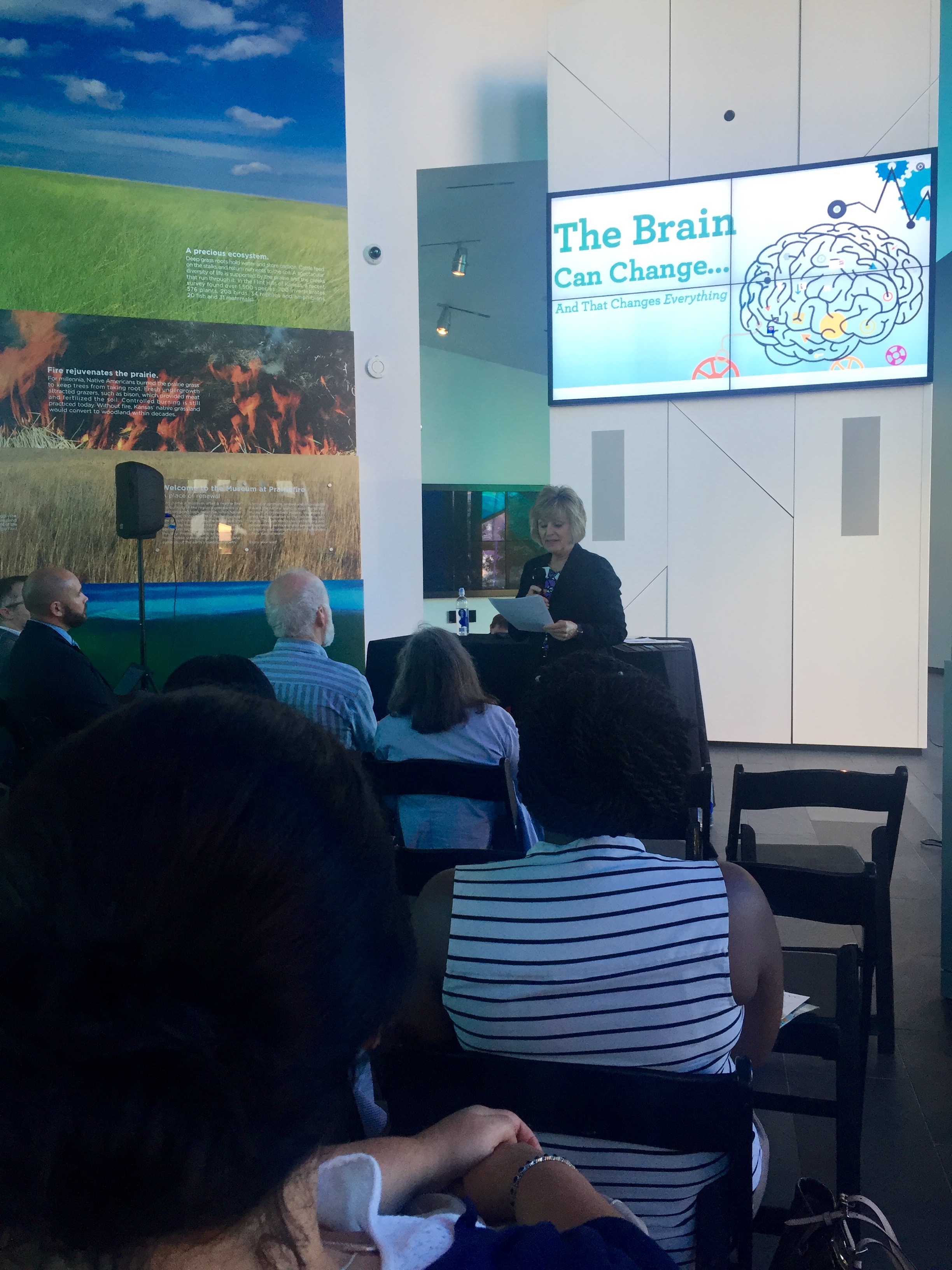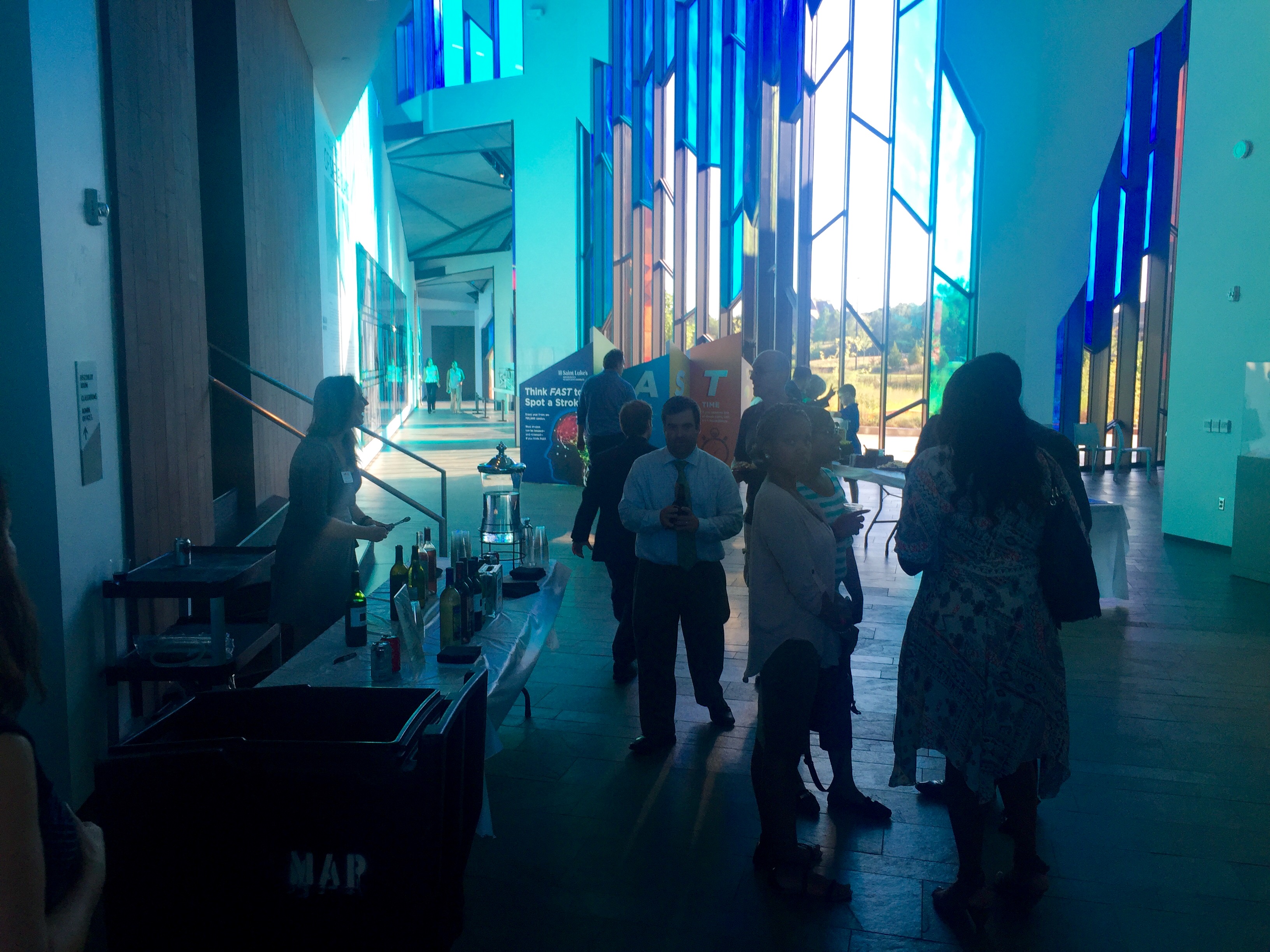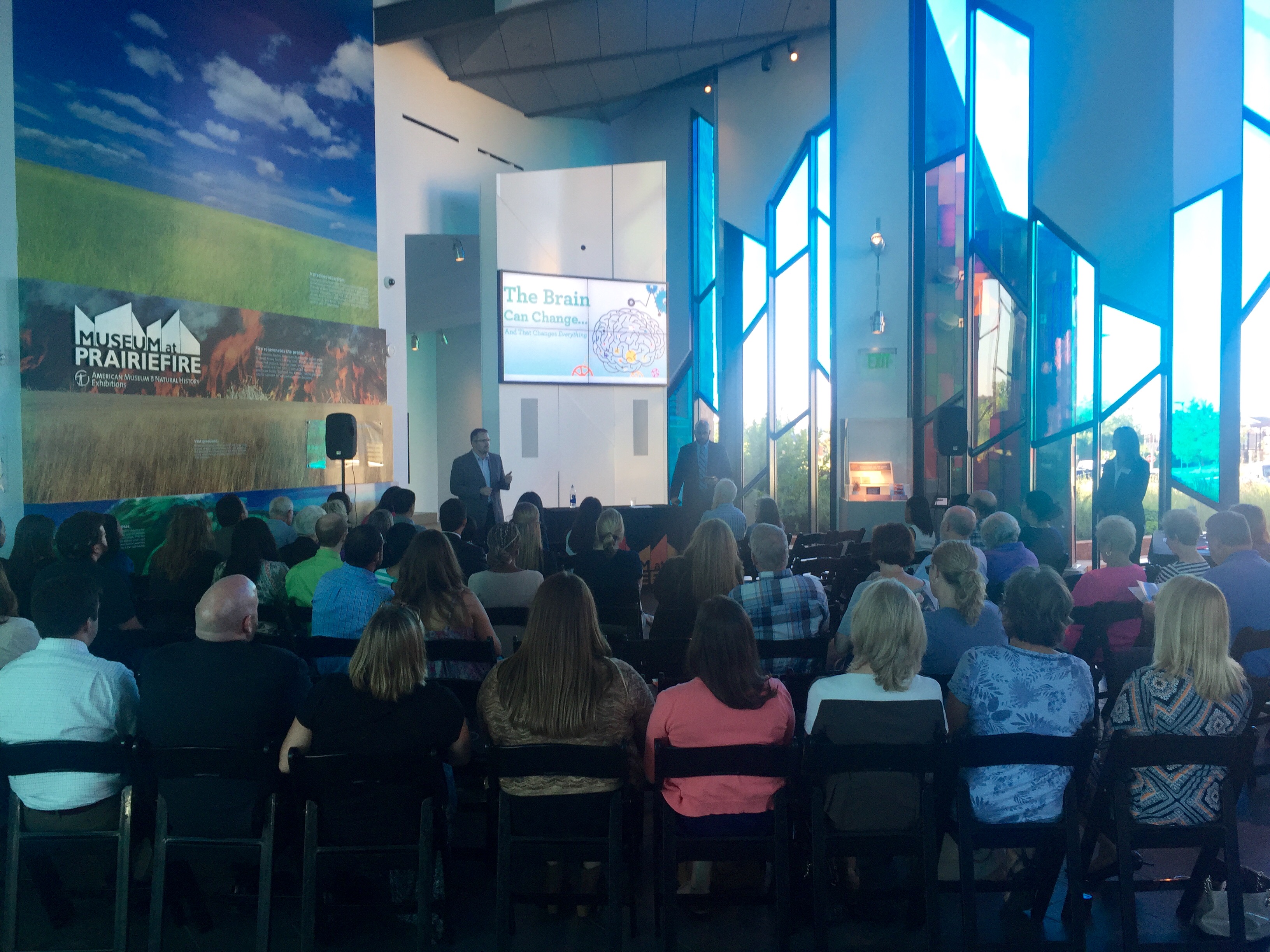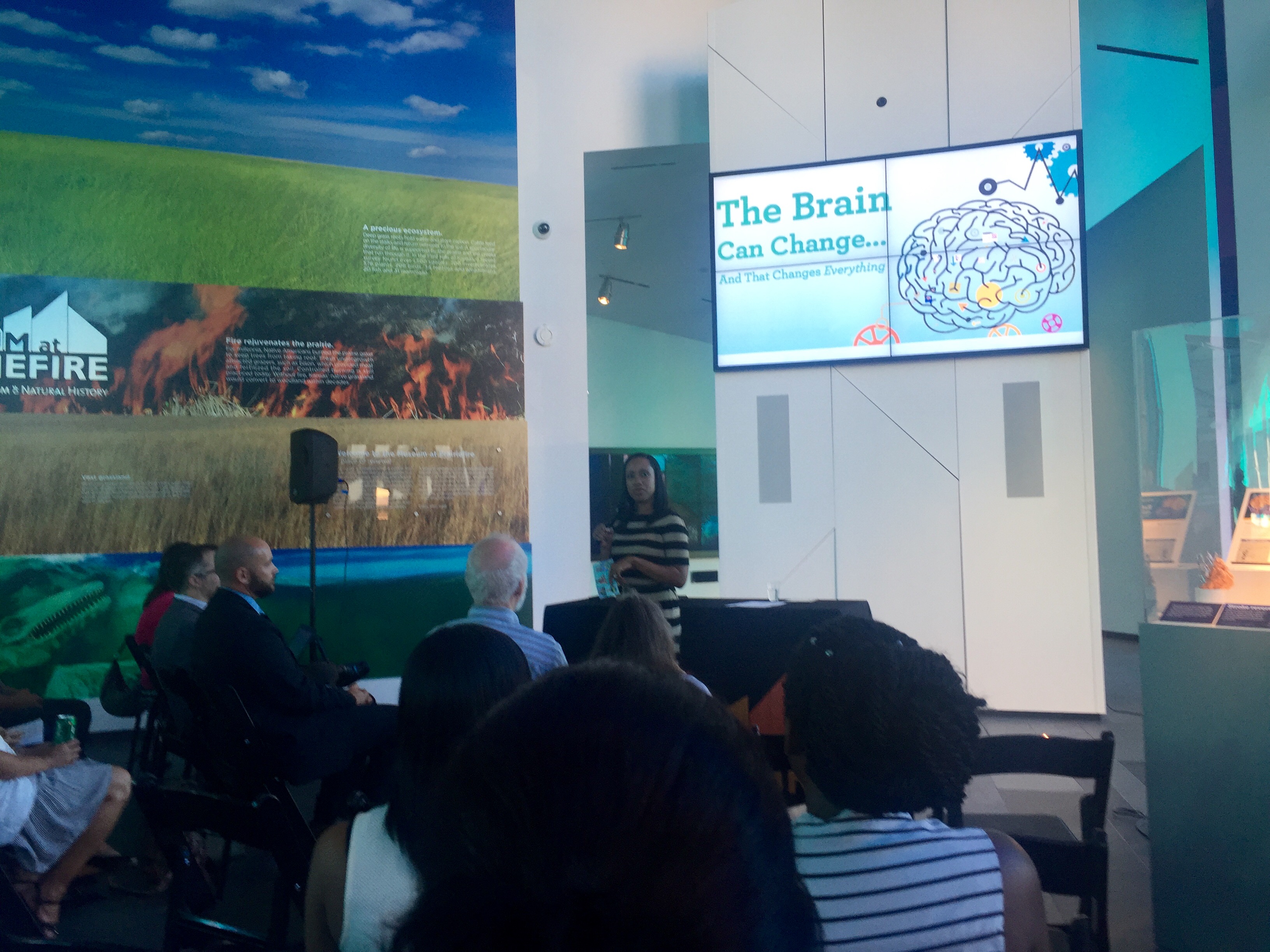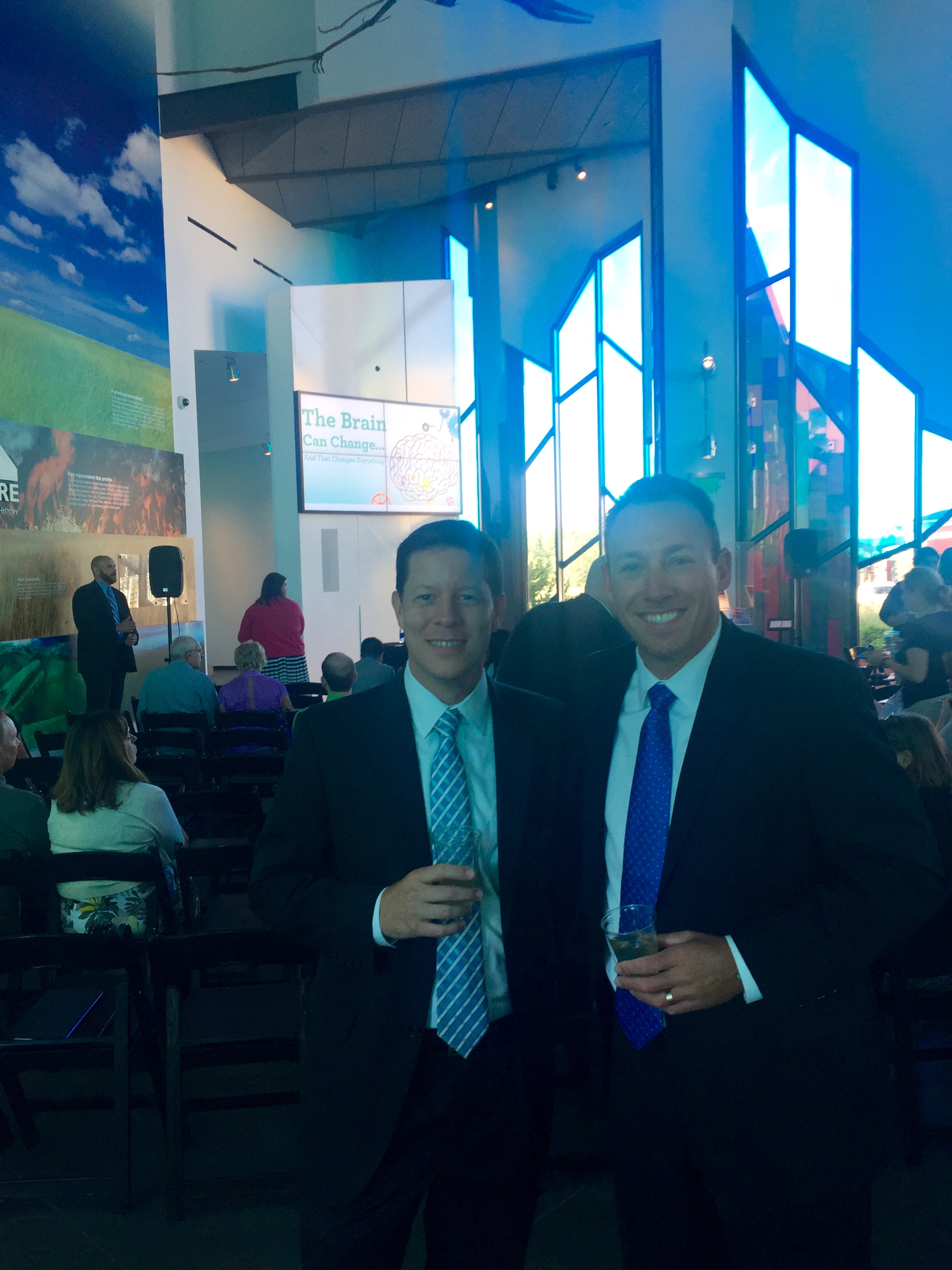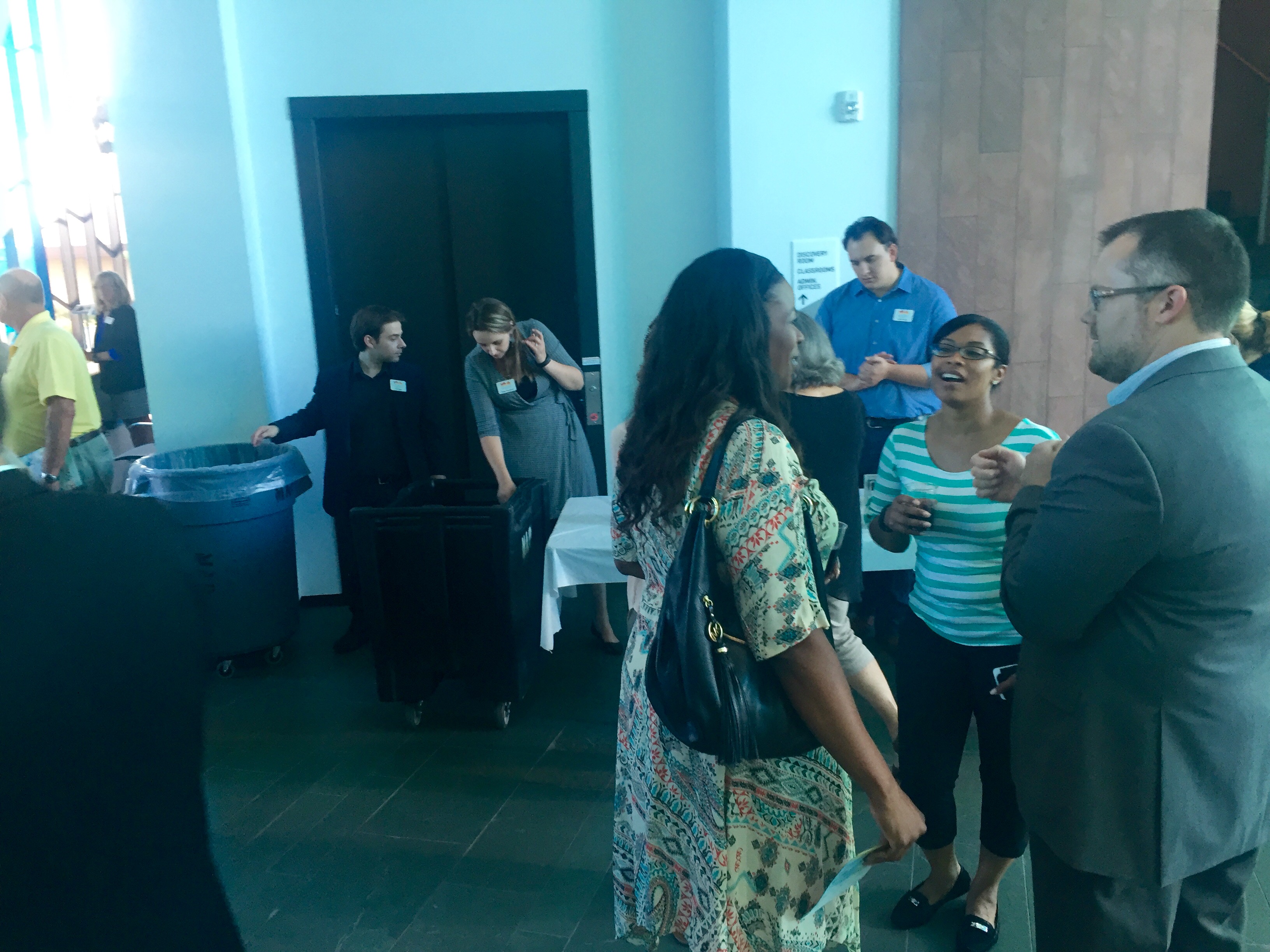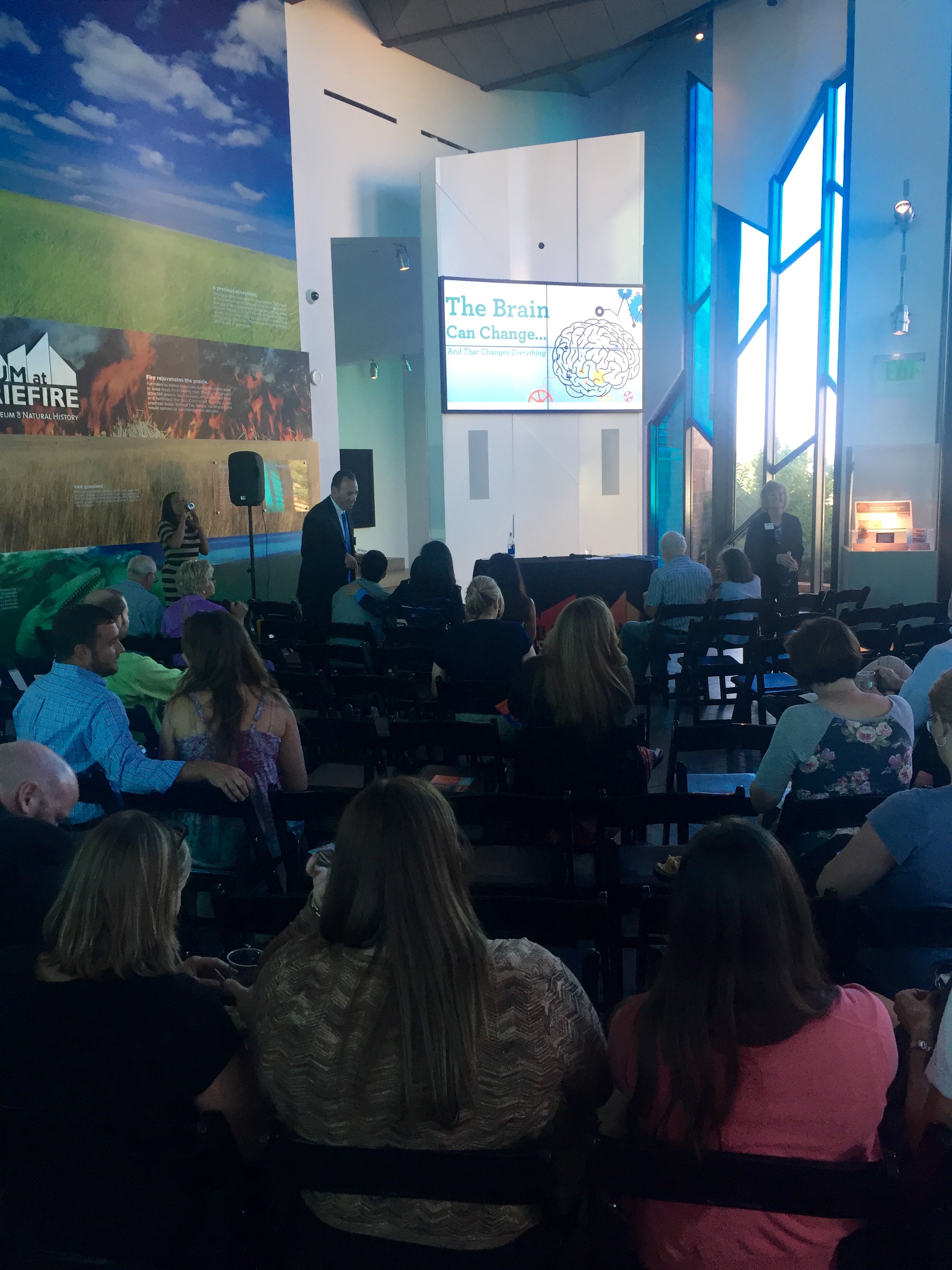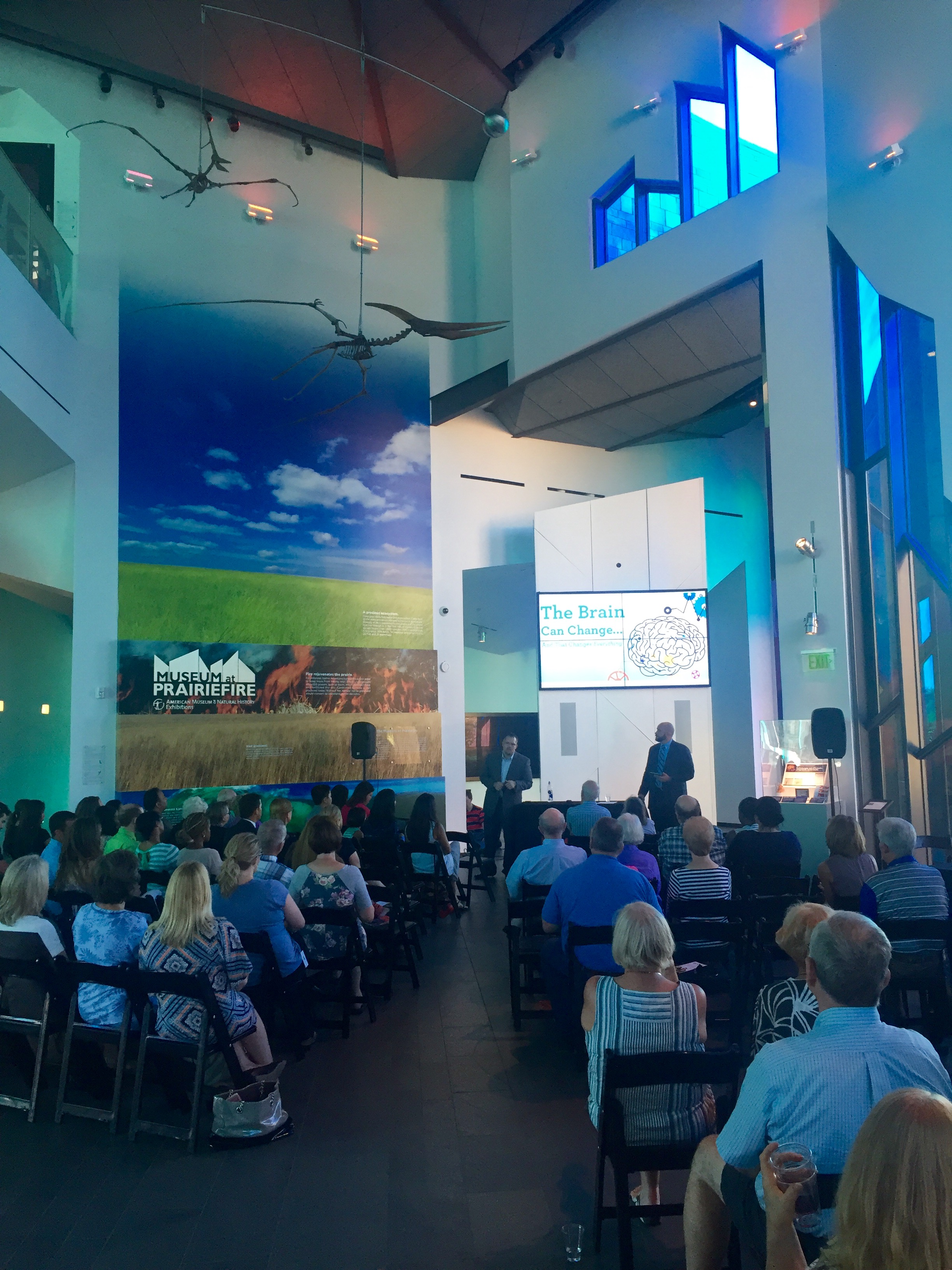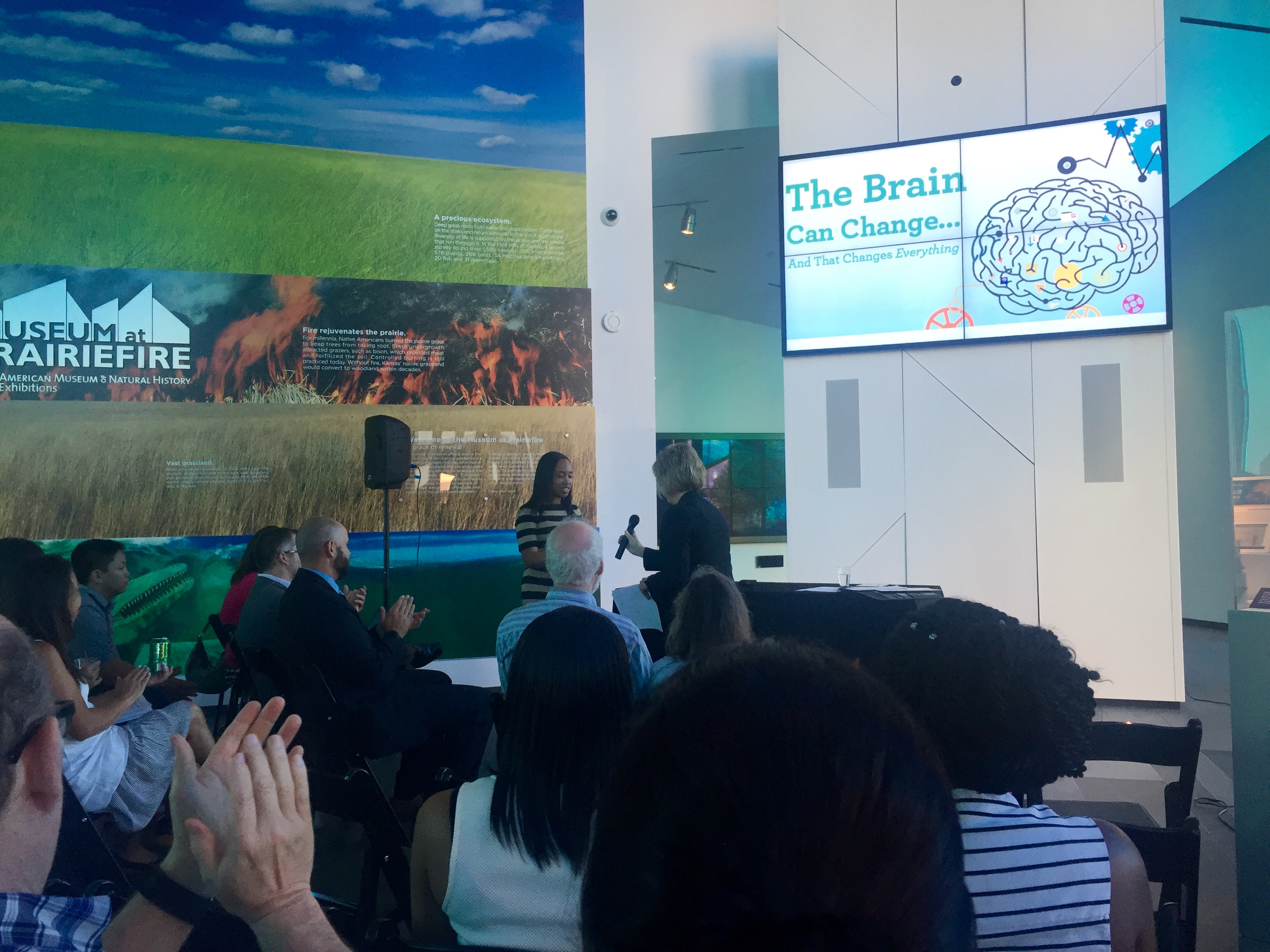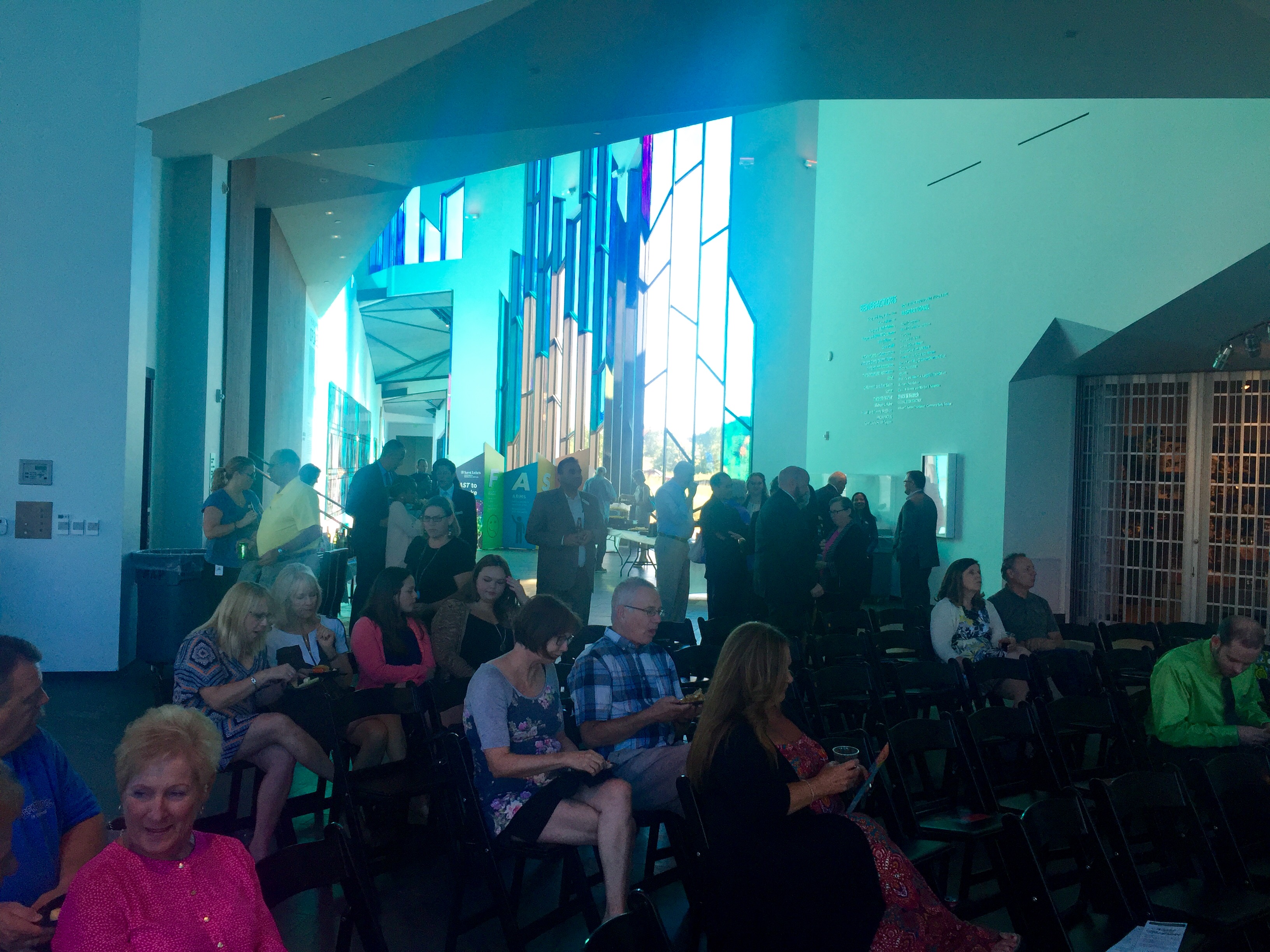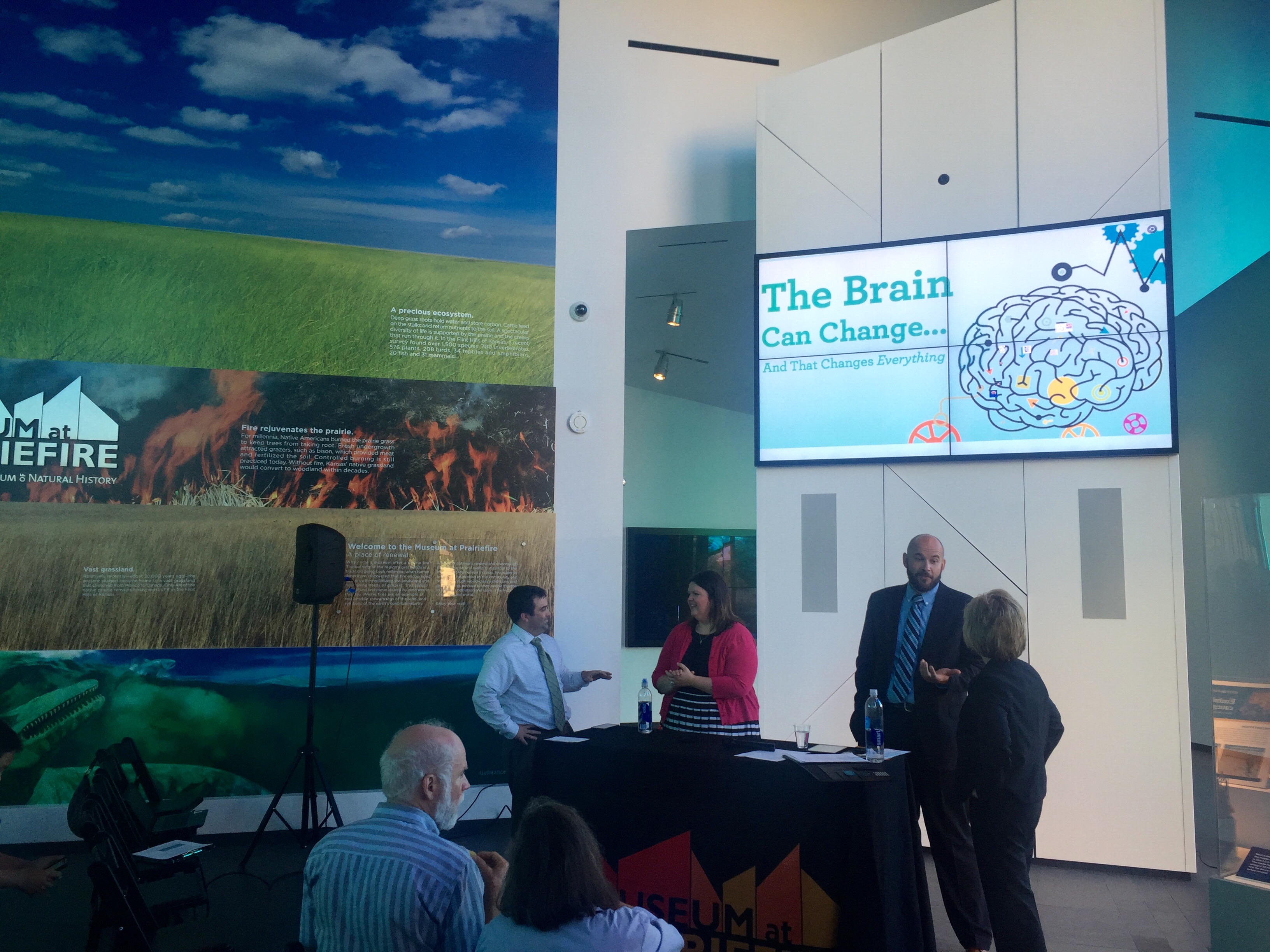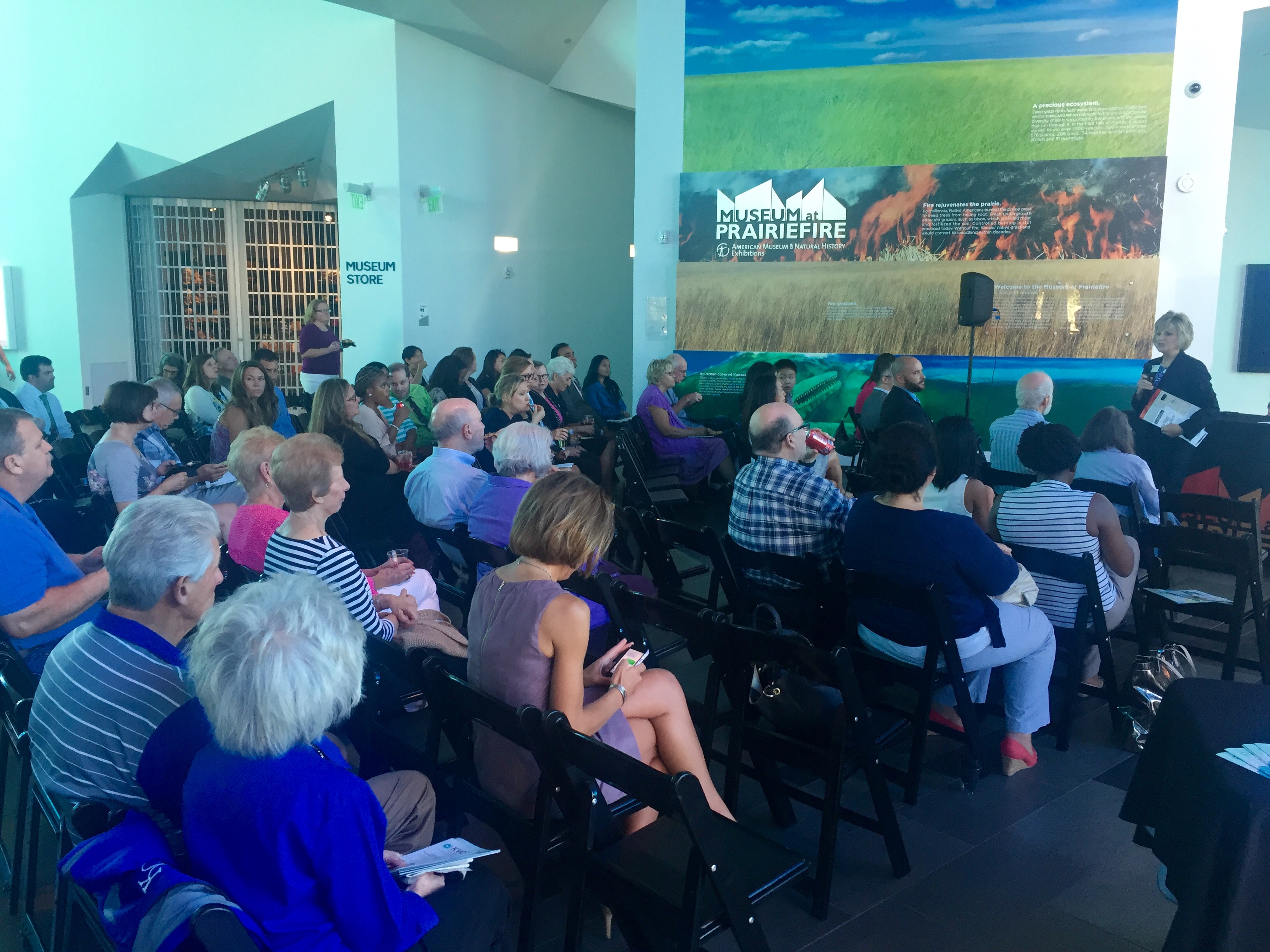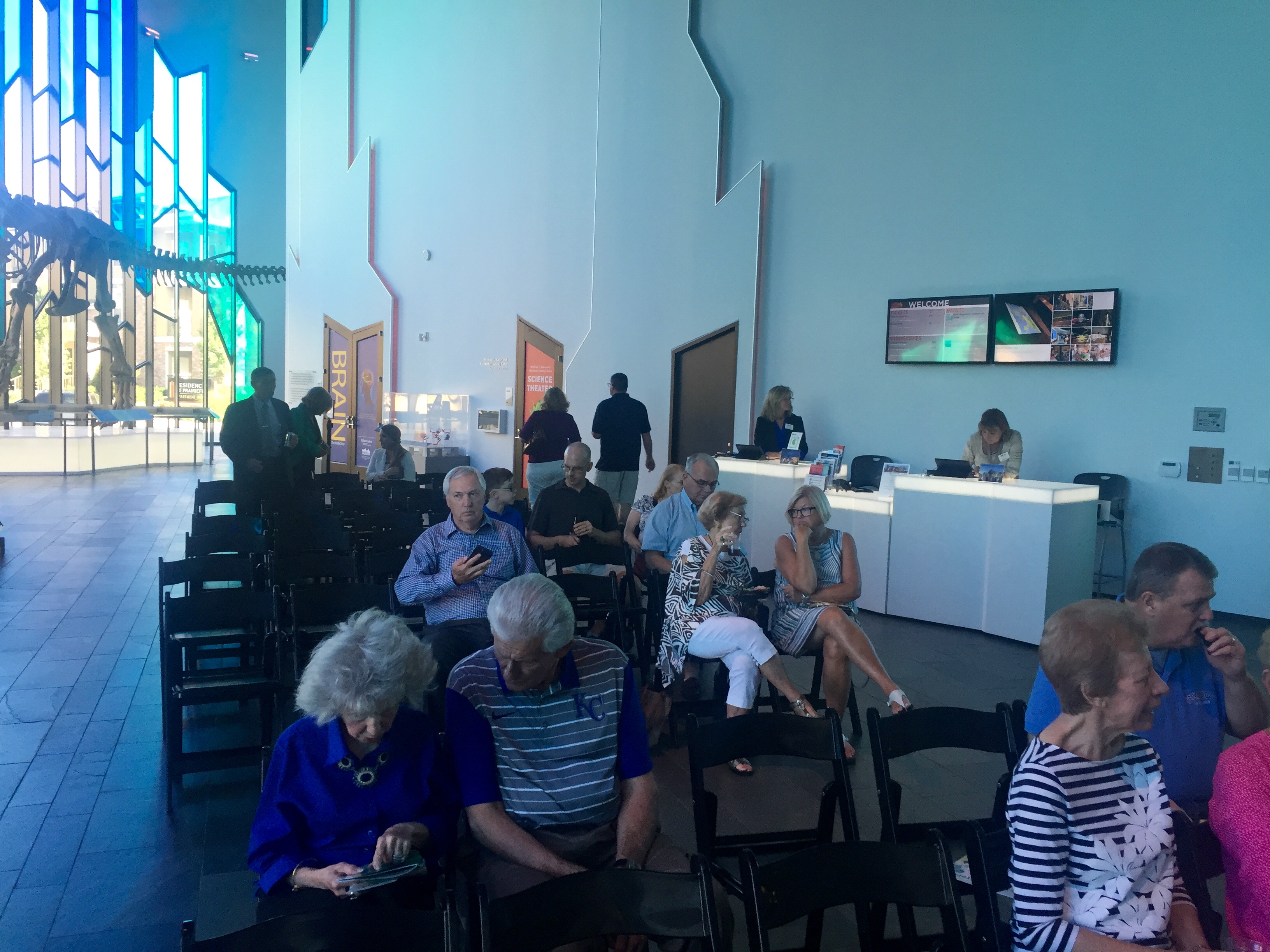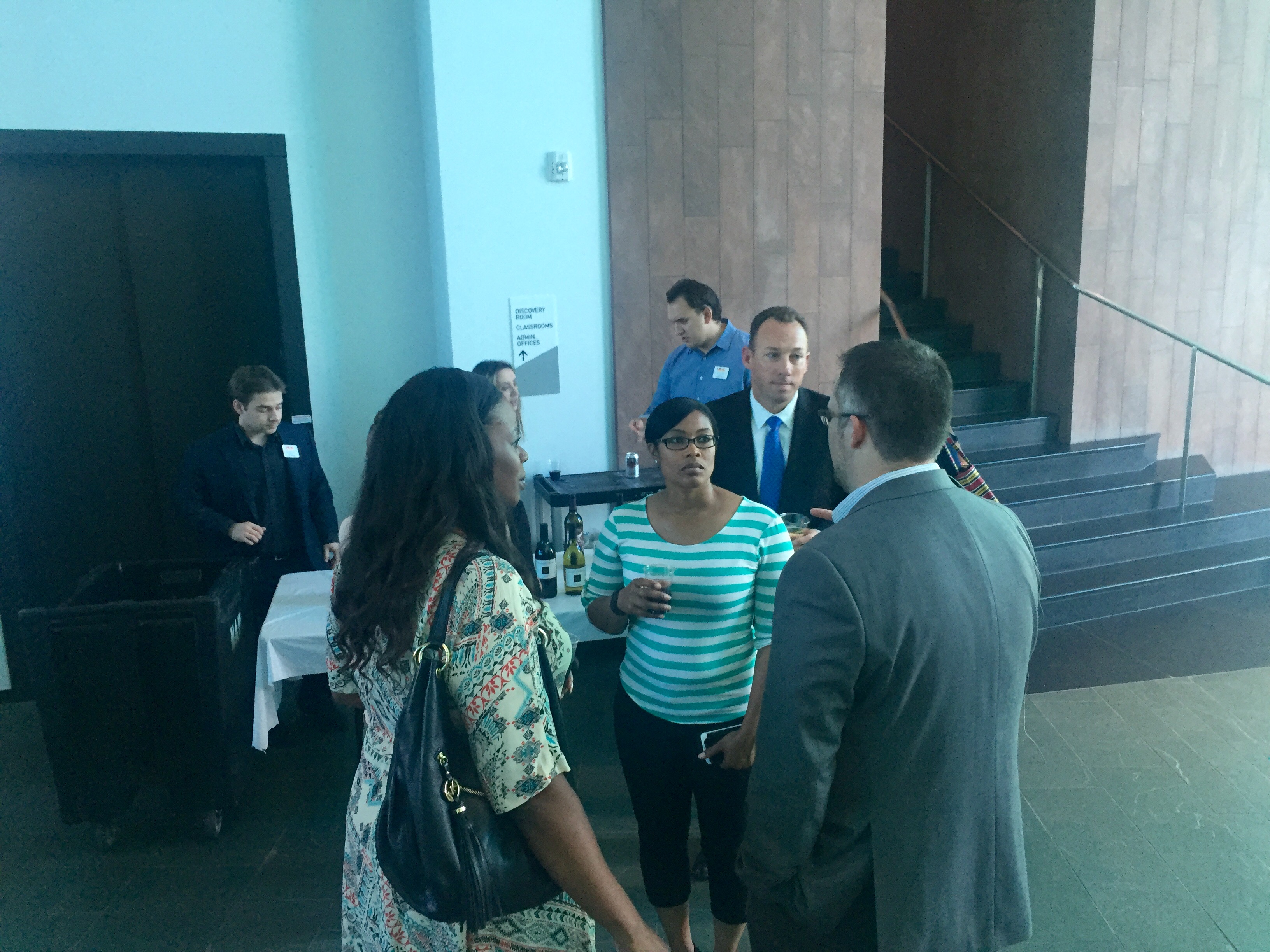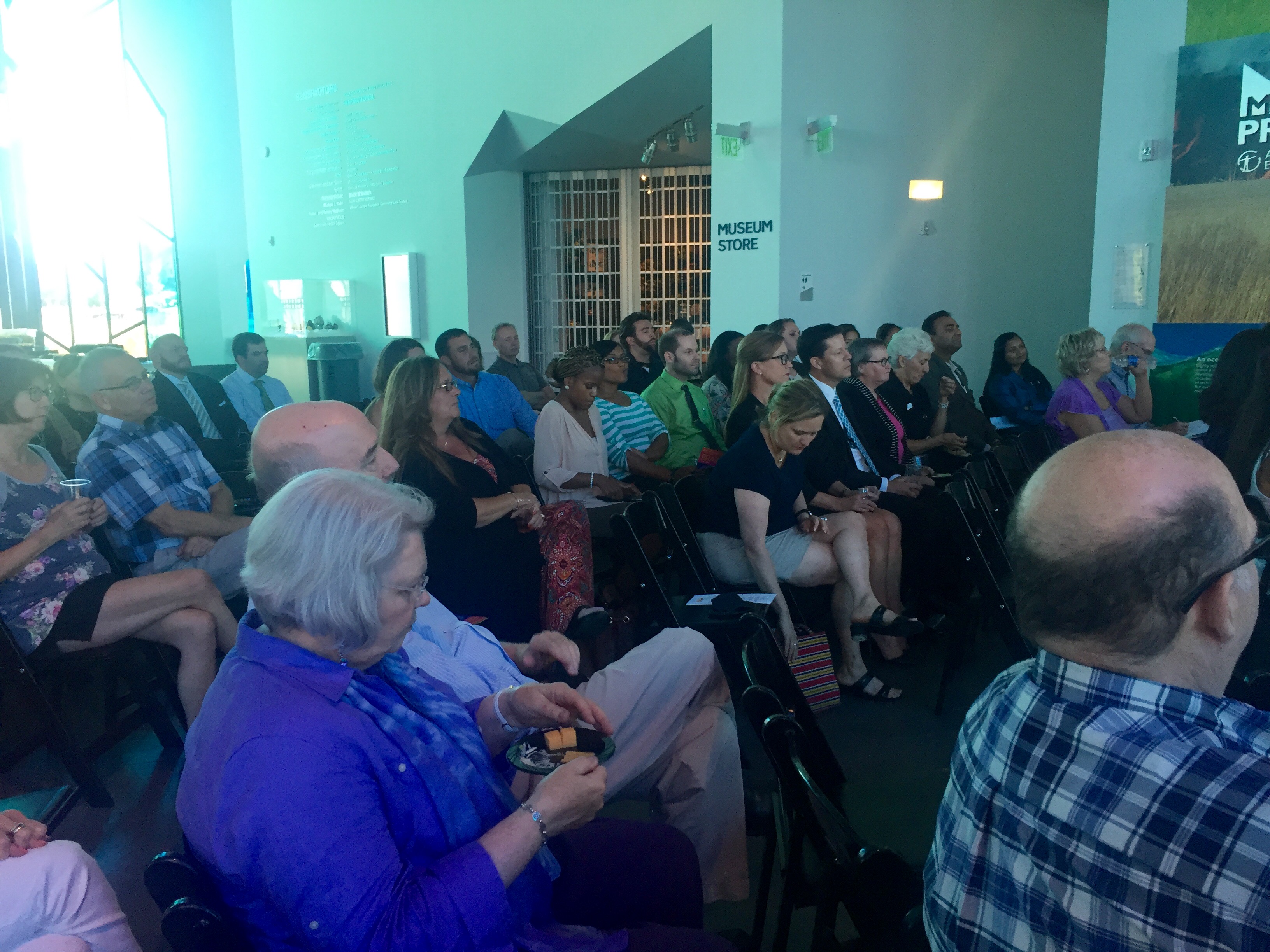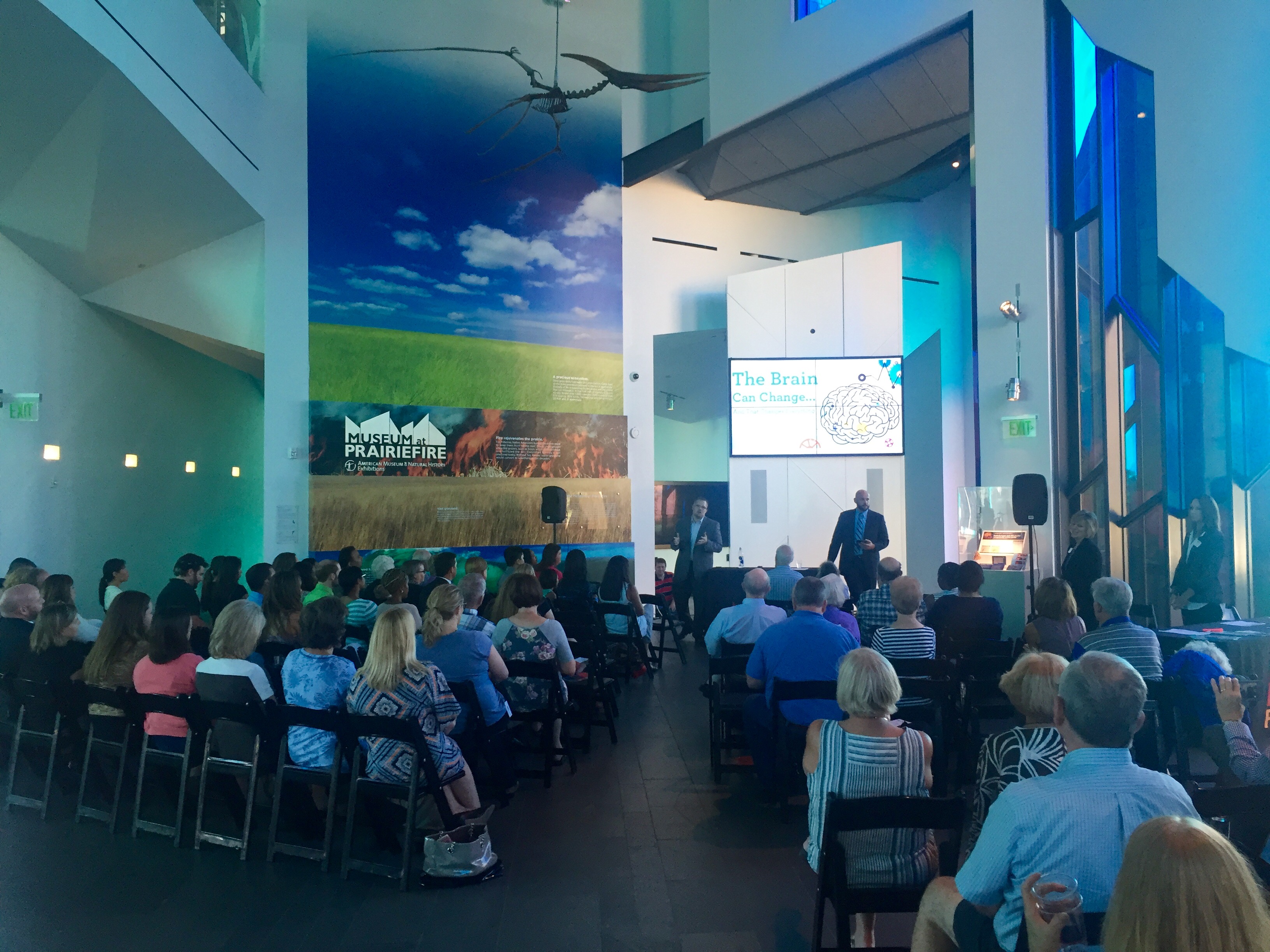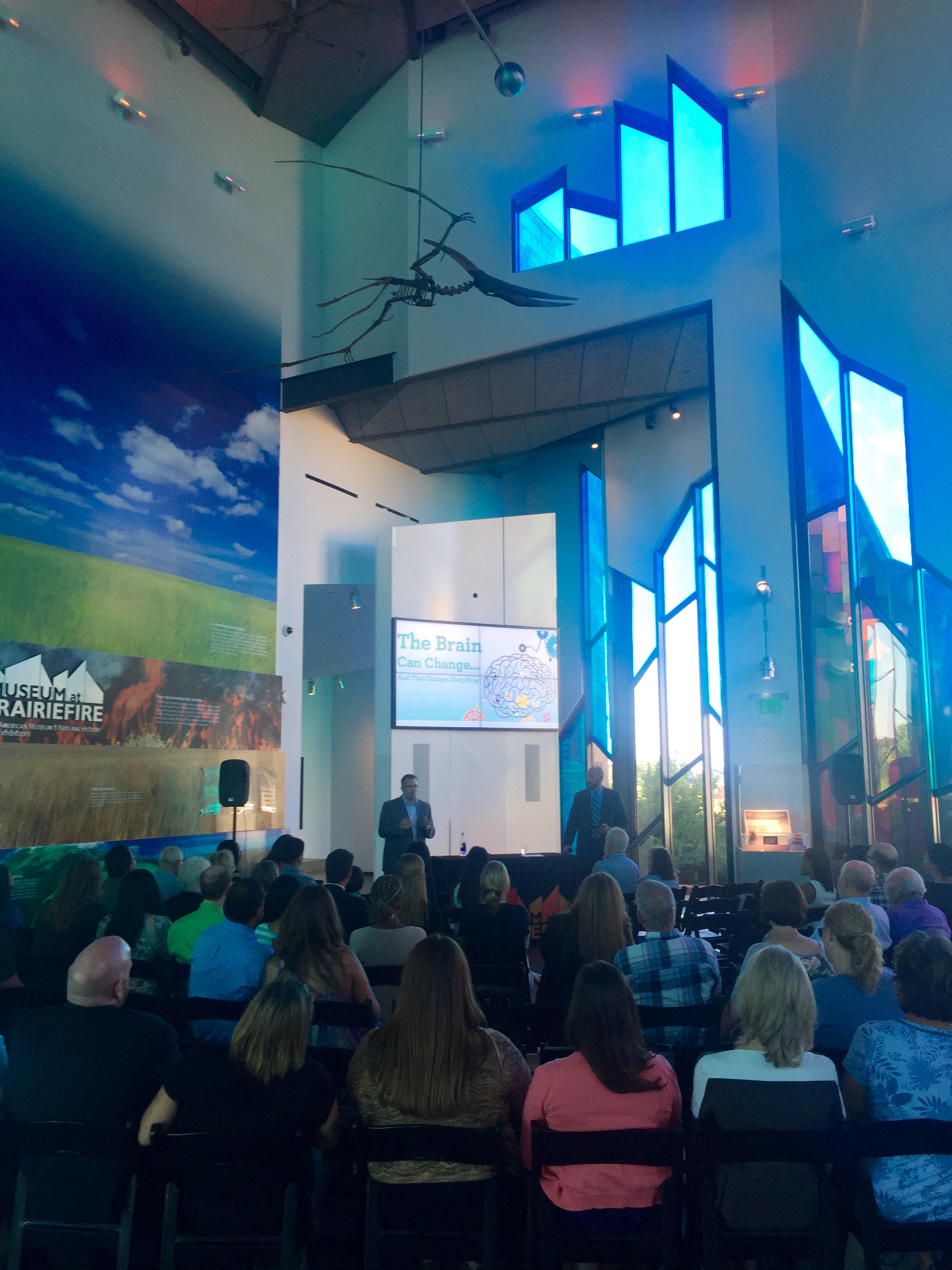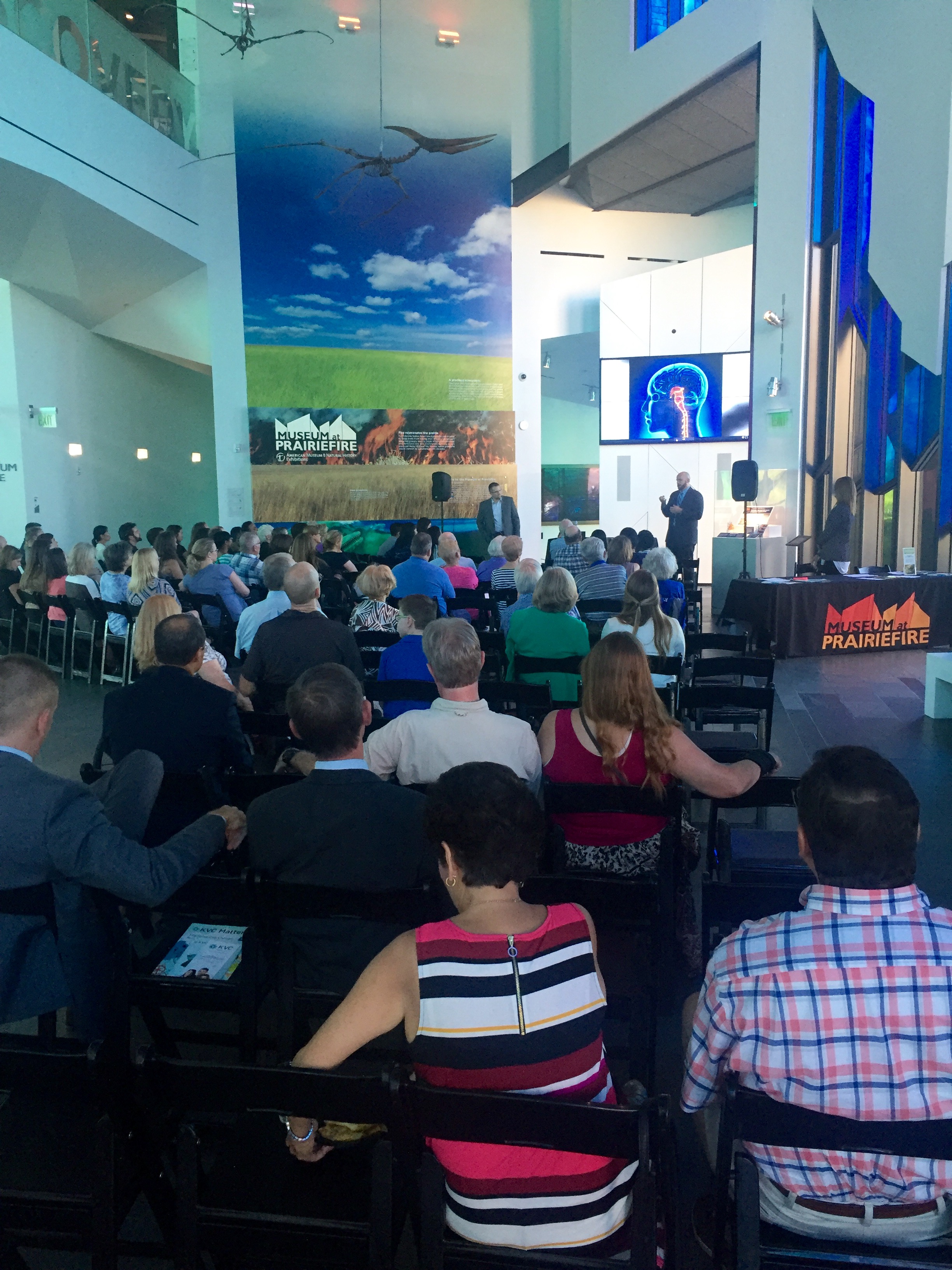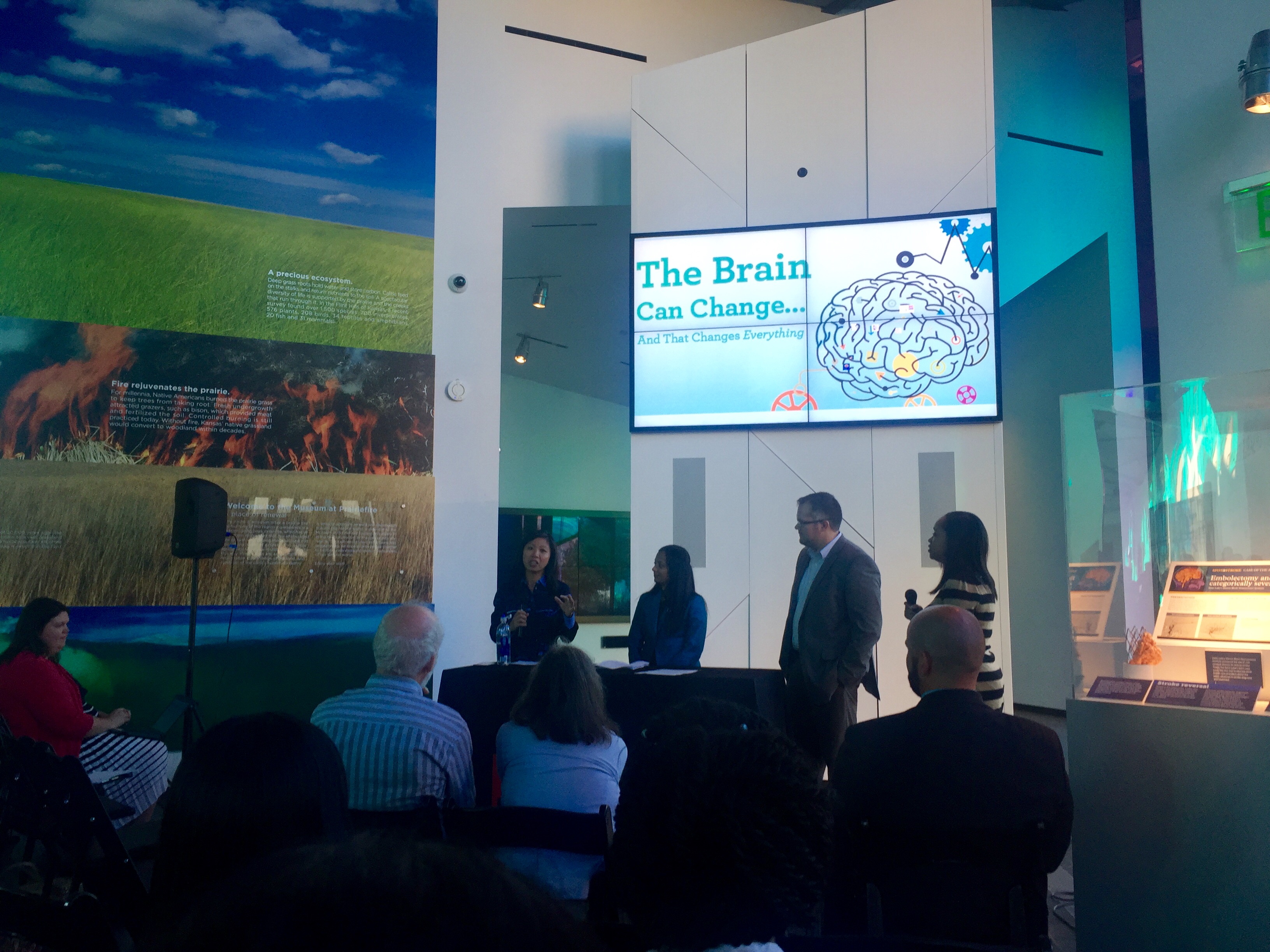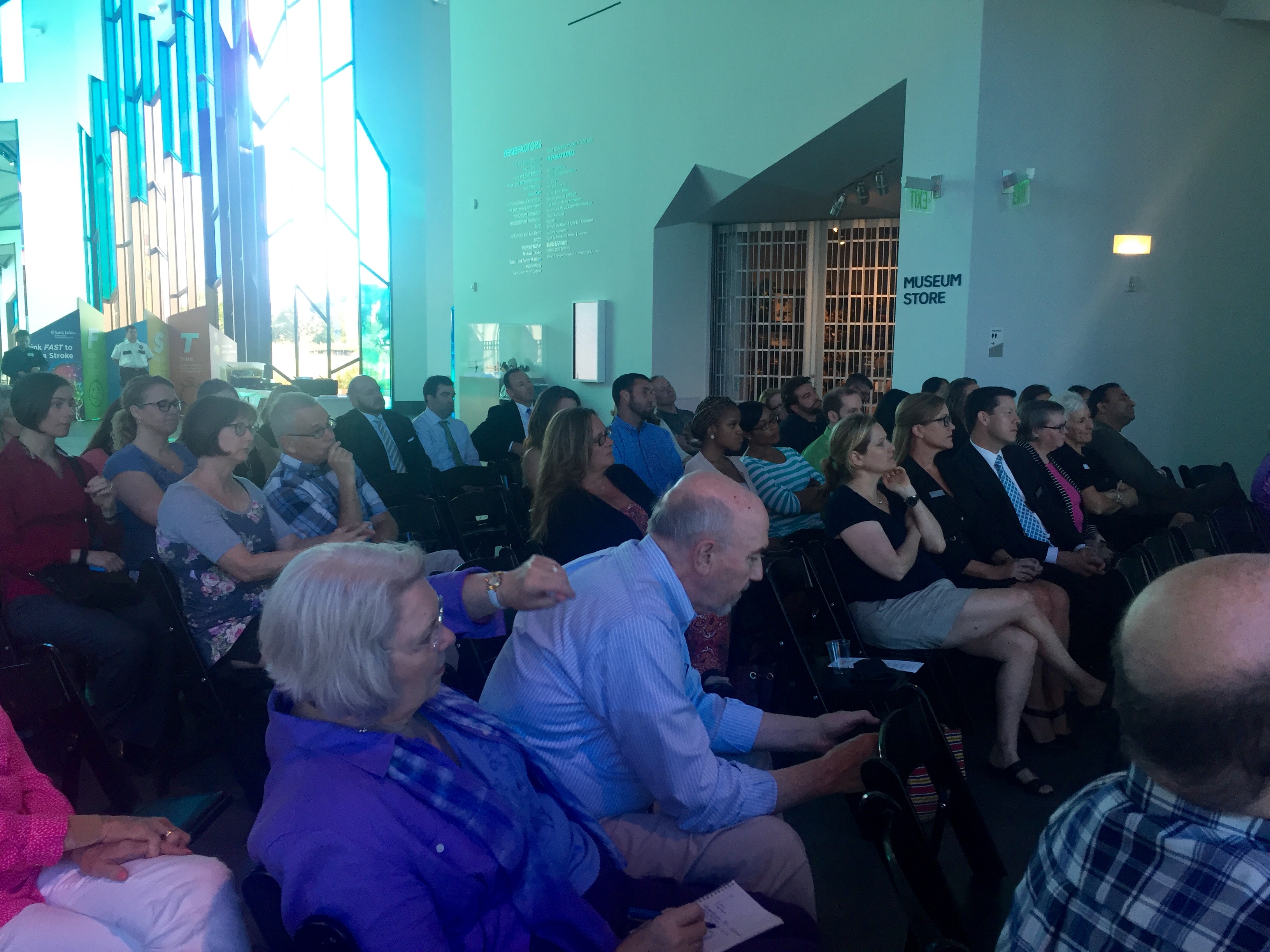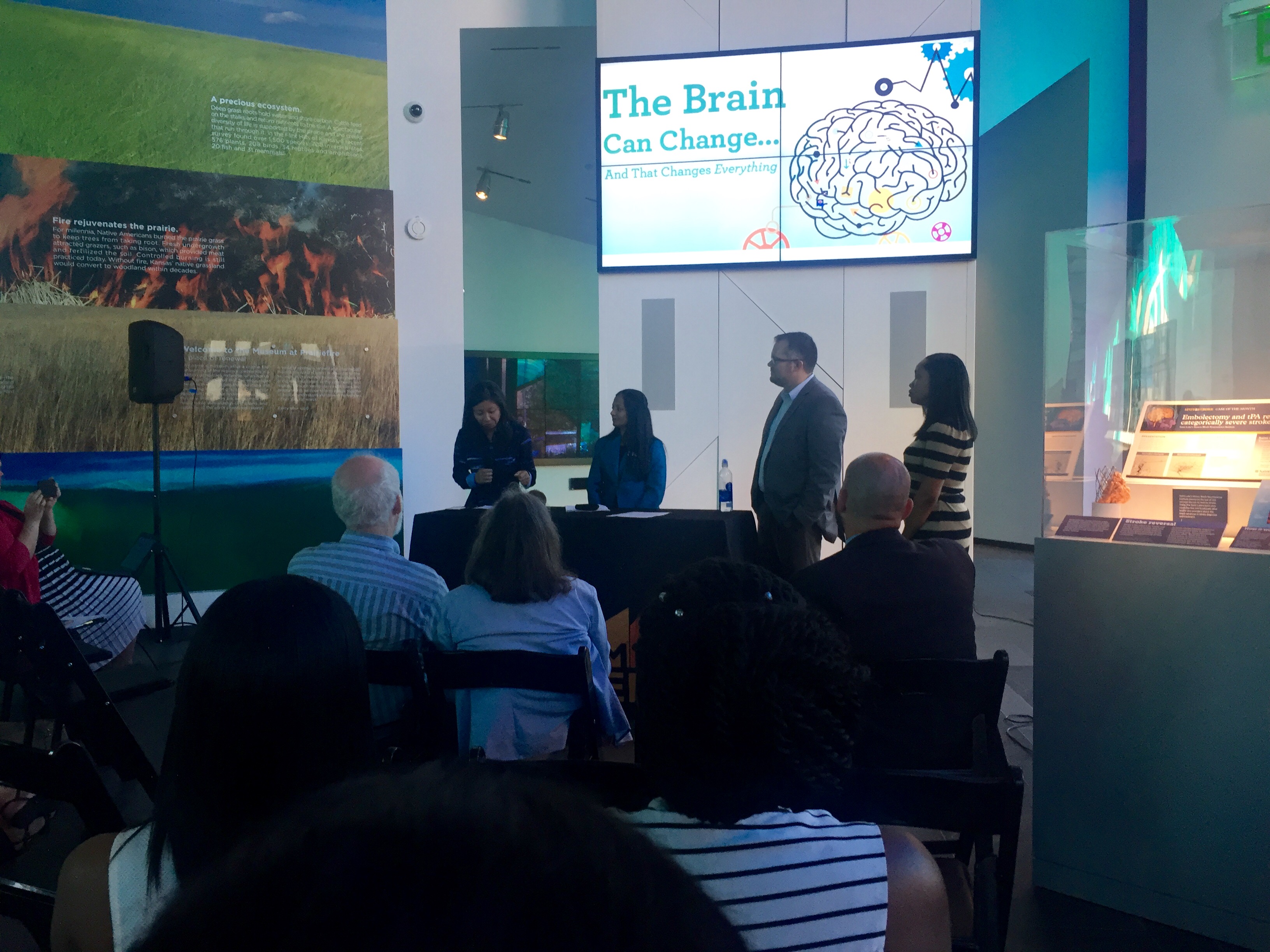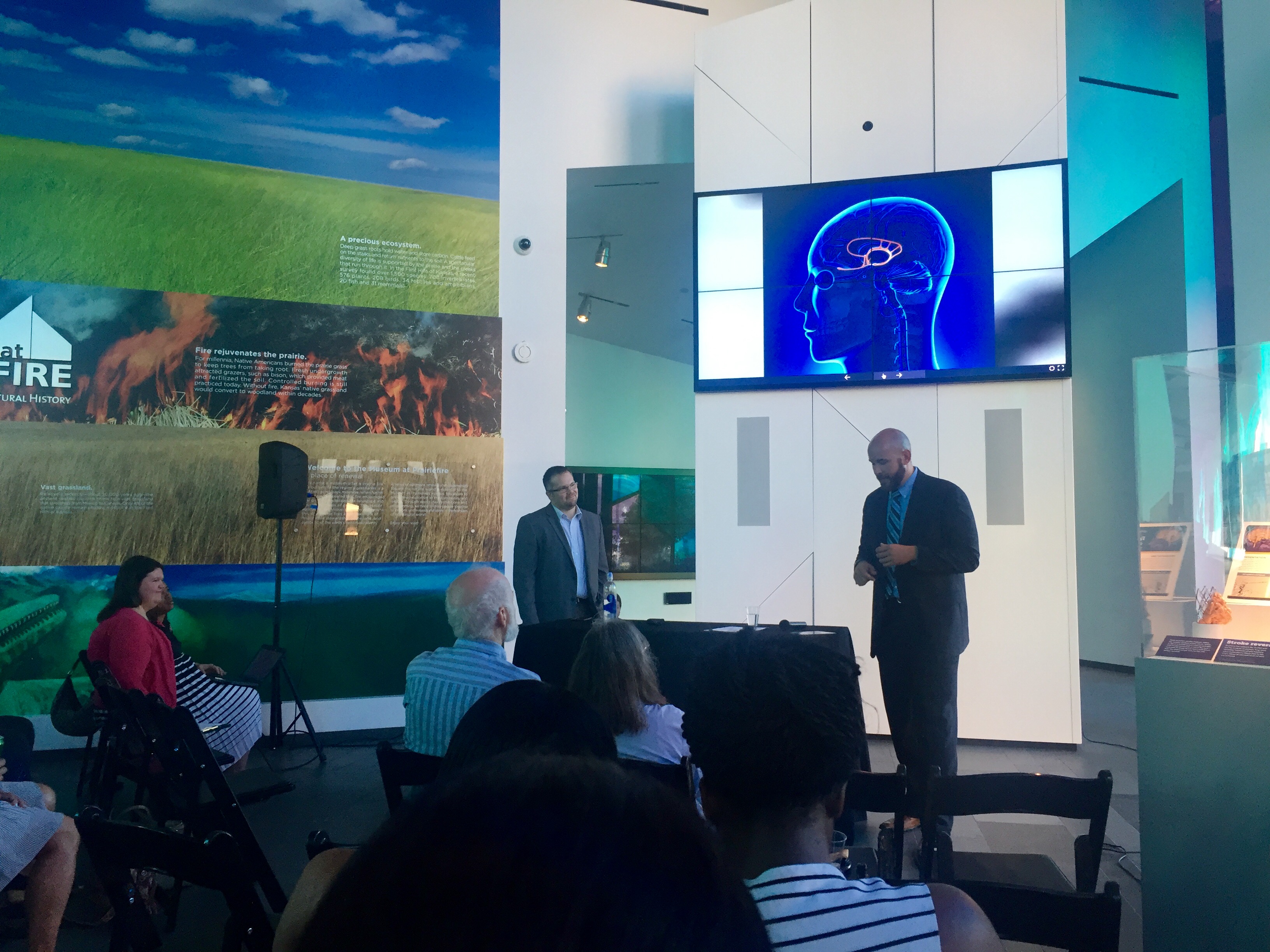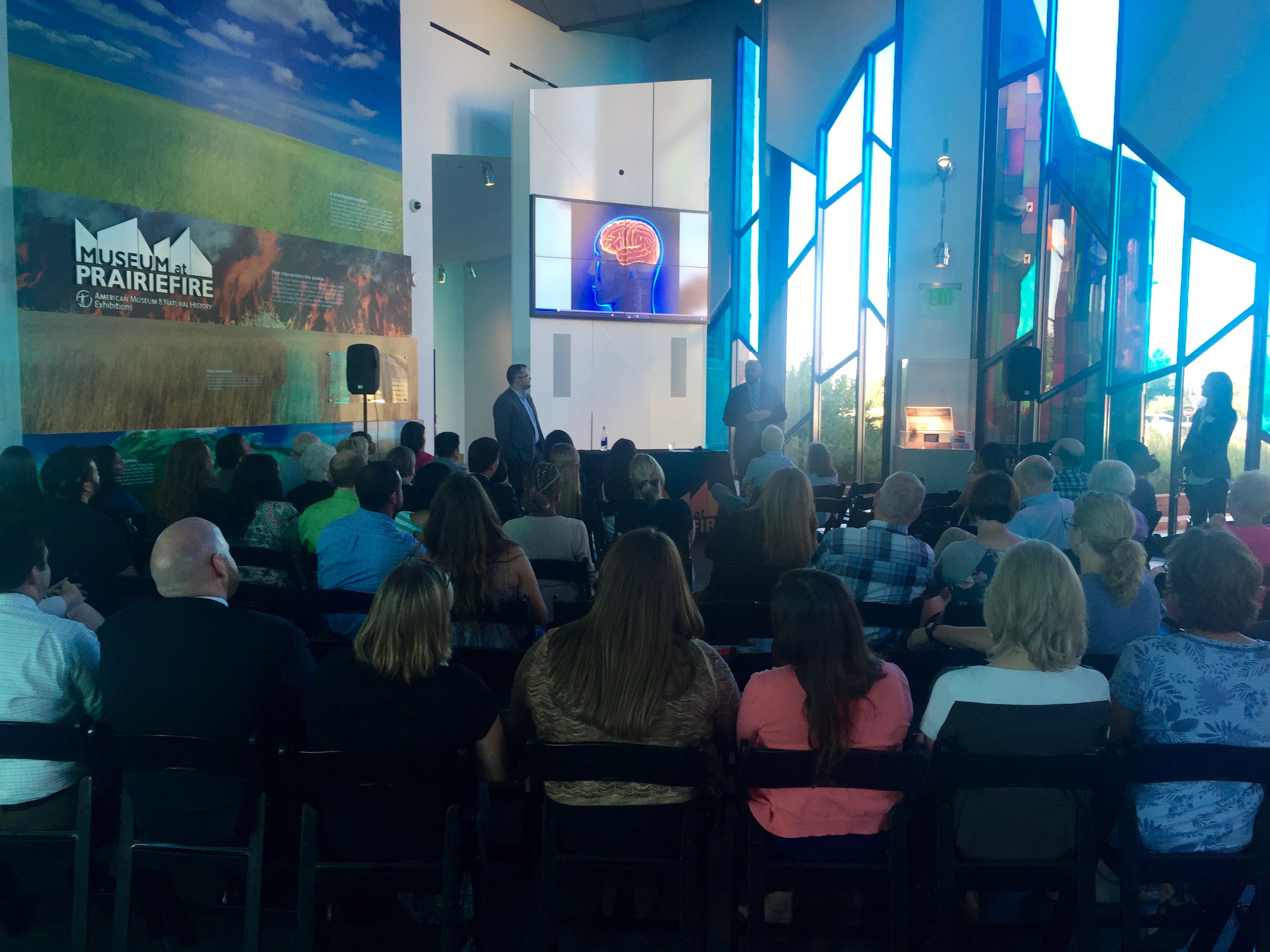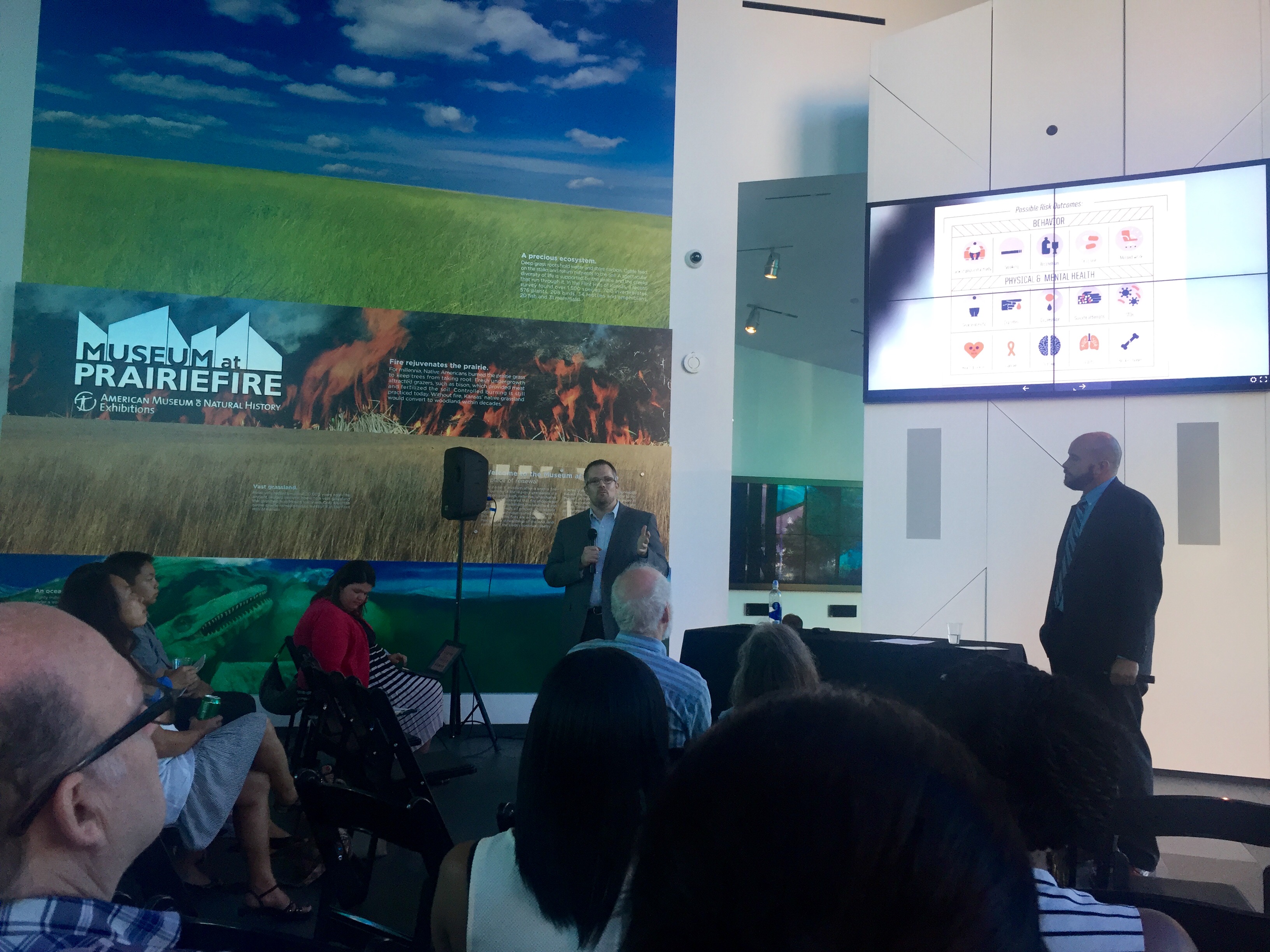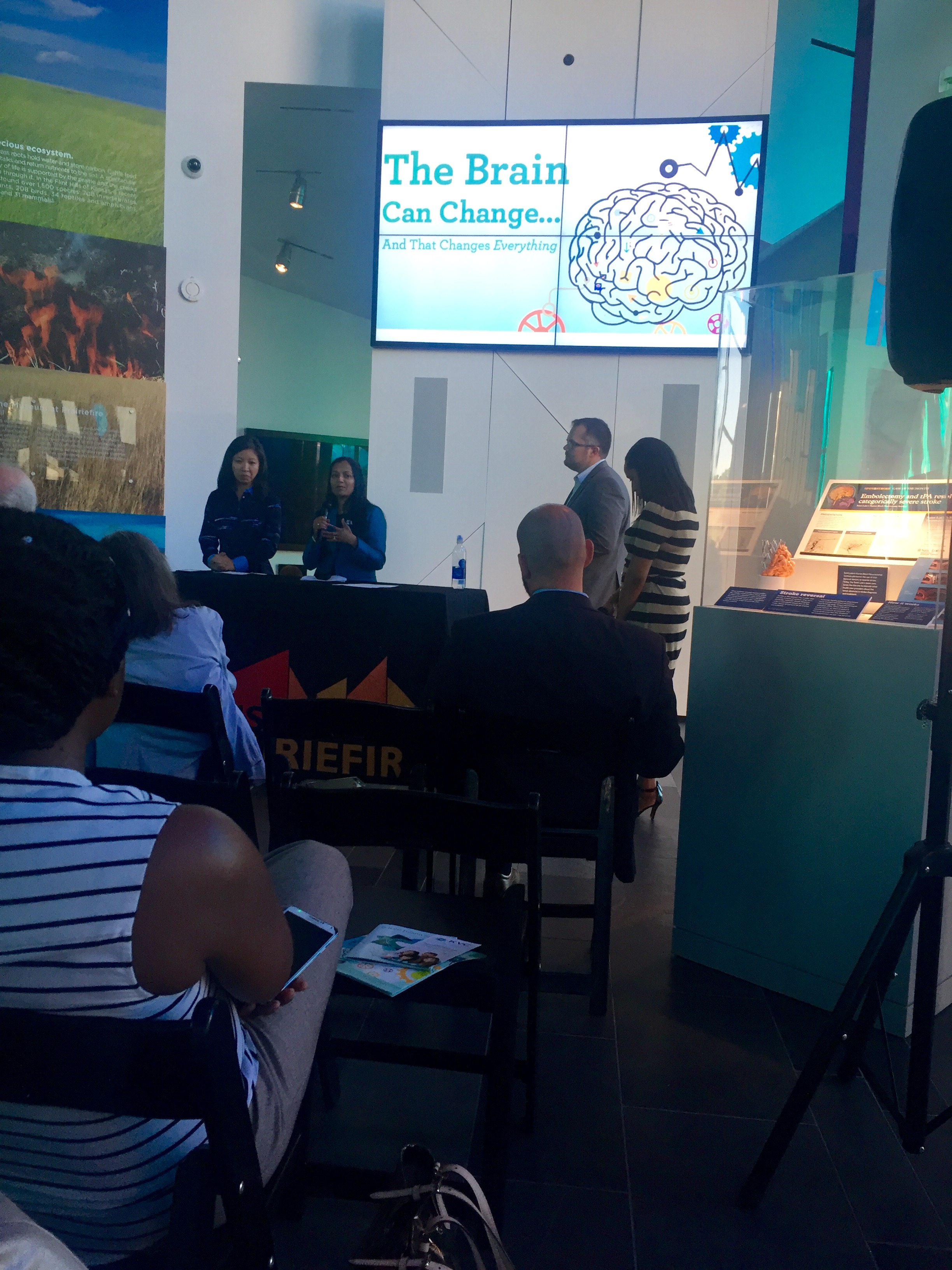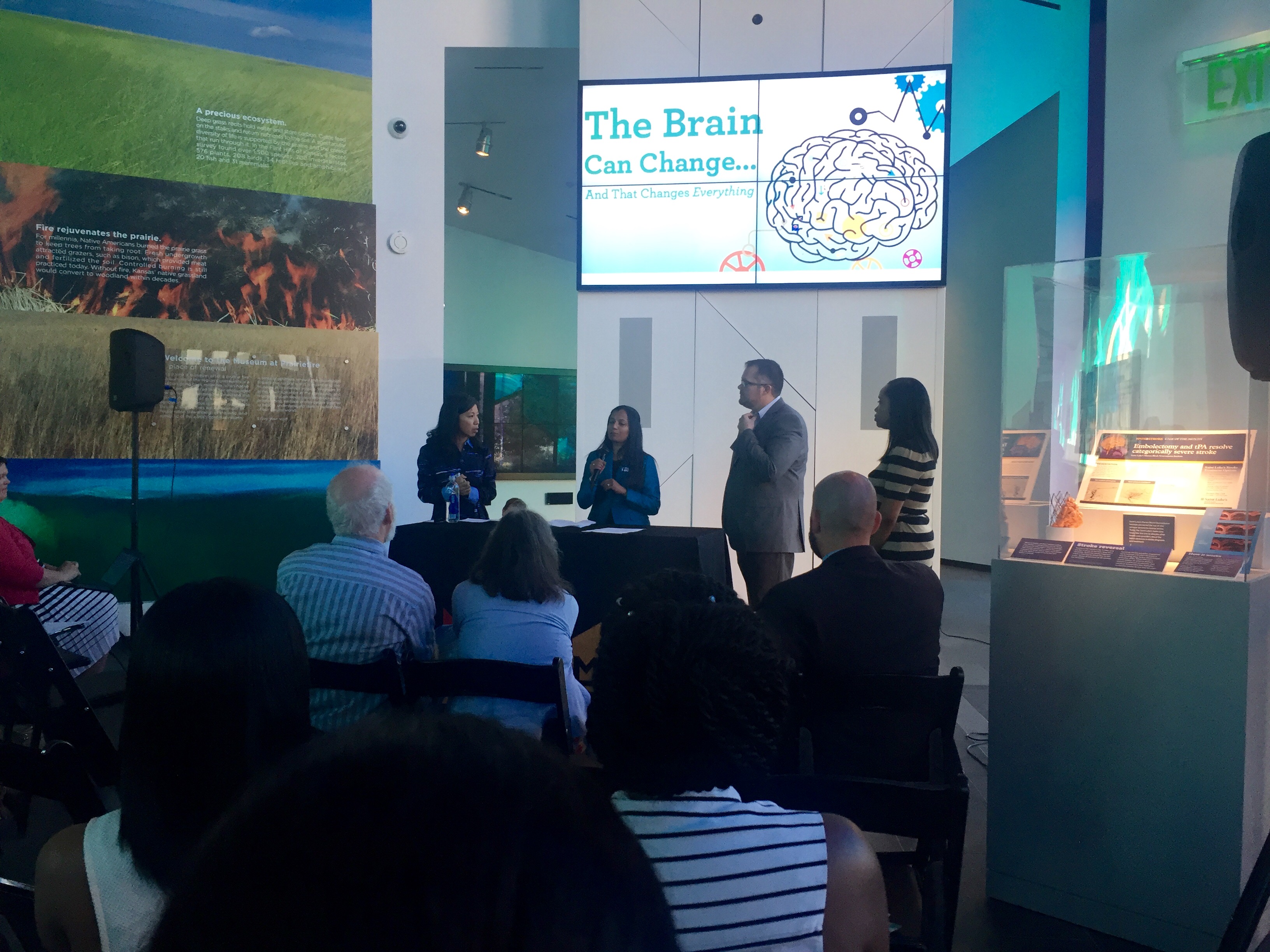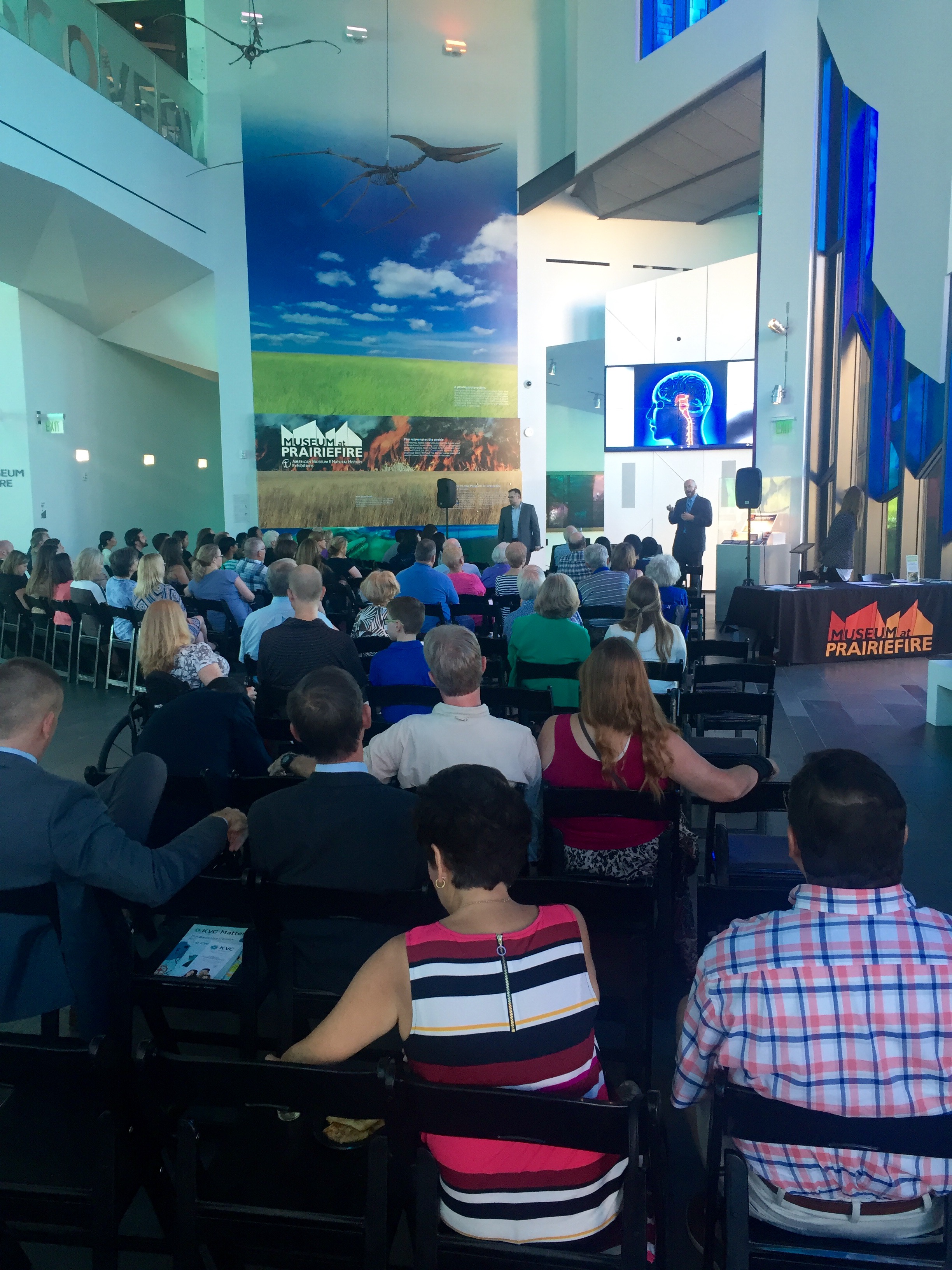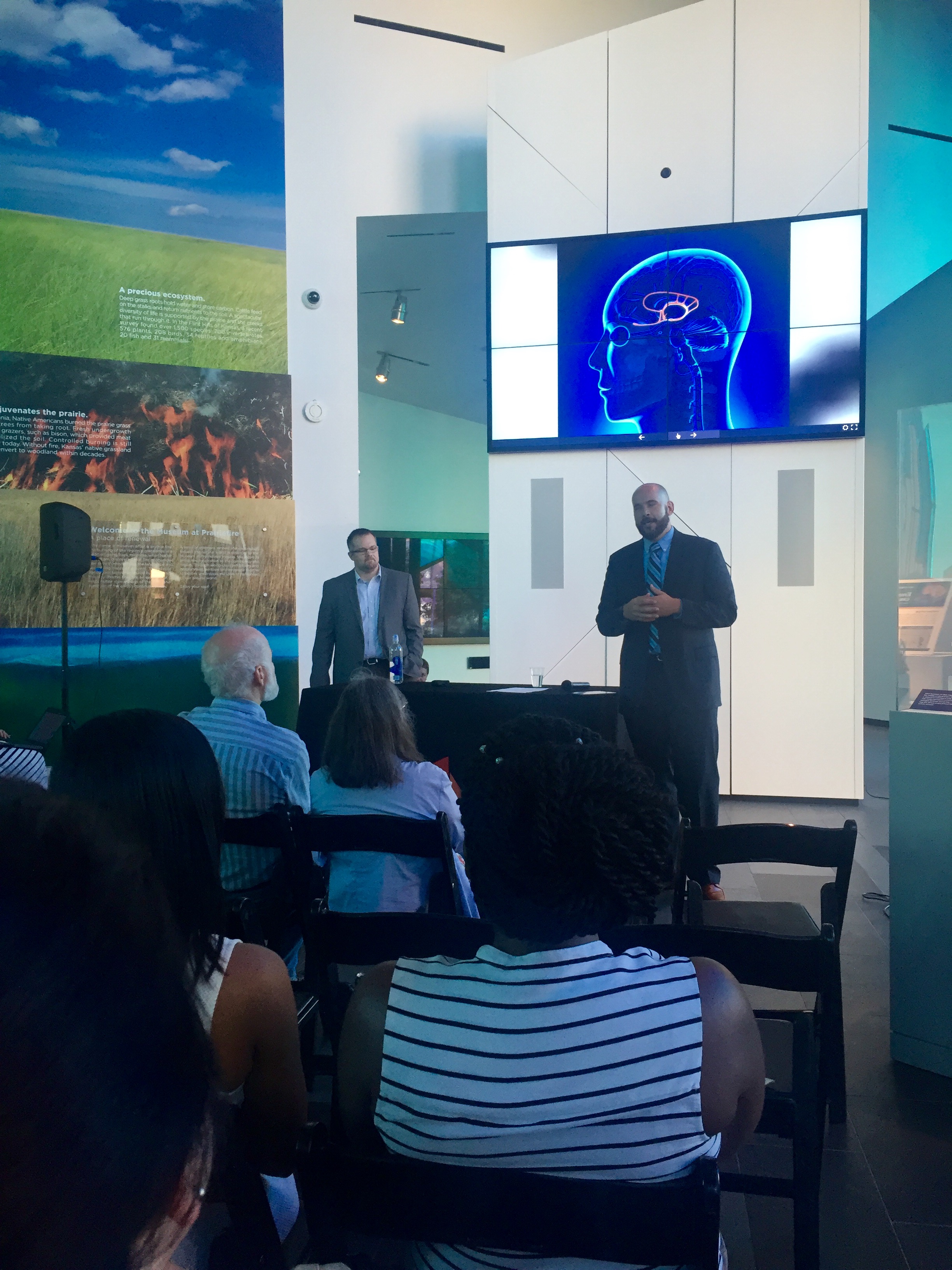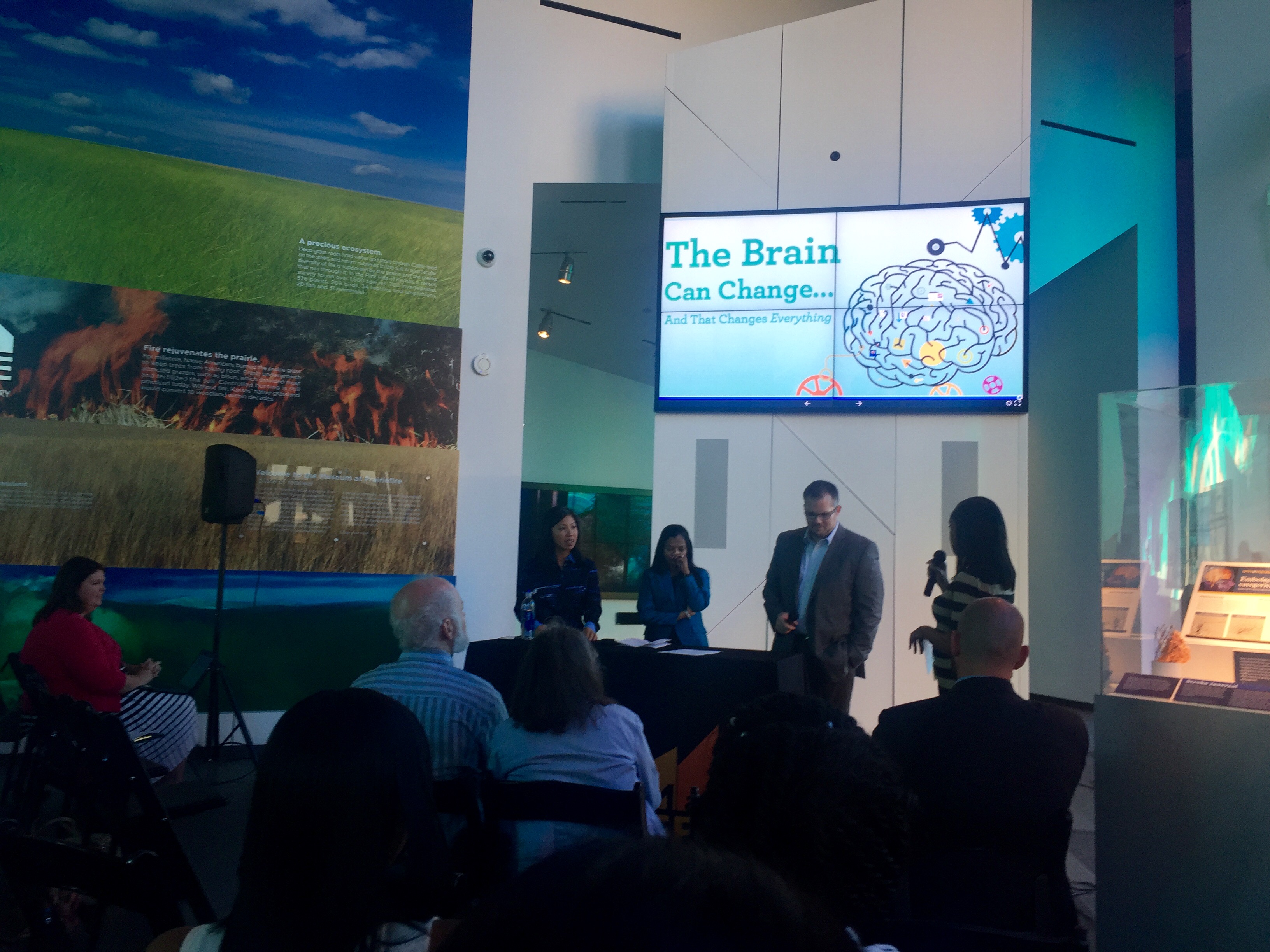Understanding the Link Between Adversity and Resilience
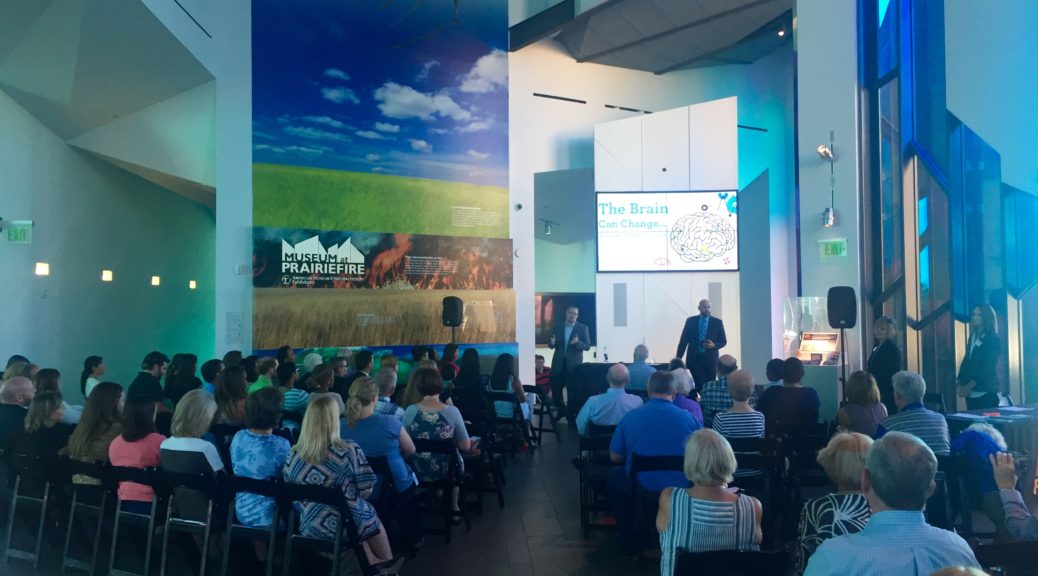
Have you ever known a person whose emotions can quickly become heated and uncontrollable? Does someone you know make impulsive decisions that aren’t in their own best interest like insulting others when upset, abruptly quitting classes or jobs, or resorting to aggressive behavior? It can be tempting to view people who struggle with difficult situations as hot-headed or simply lacking in self-control. But when we look at their behavior through the lens of the latest neuroscience, one explanation that emerges centers on the link between adversity and resilience.
The ability to regulate our emotions, stay calm, think critically and overcome difficult situations is often the result of brain development in early childhood. The extent to which our childhood was healthy and supportive — or not — can affect our level of physiological brain development and thus our capacity to handle life’s challenges long into adulthood.
This fascinating topic was the subject of a Science Happy Hour last month at the Museum at Prairiefire in Overland Park, Kansas. This beautiful museum dedicated to natural history and science hosted an exhibit over the summer called Brain: The Inside Story. The exhibit investigated the remarkable organ that controls every function of our lives. It explored the way the human brain works, specifically as it relates to senses, emotions, thoughts, how the brain ages, and how technological advances may change our brains in the future.
To help bring the topic to life, the Museum at Prairiefire invited experts from KVC Prairie Ridge Hospital — a children’s psychiatric treatment center in Kansas City, KS — to share the latest neuroscience with a room full of guests gathered. Each year, KVC serves over 3,500 children, teens and adults who struggle with depression, anxiety, trauma, substance abuse, suicidal thoughts and feelings of violence. At its psychiatric hospitals, KVC offers trauma-informed acute/inpatient and residential psychiatric treatment.
Pictures from the Science Happy Hour:
The Link Between Adversity and Resilience
In order for communities to prosper, we must ensure that all children have the ability to develop healthy brains. A child’s basic brain architecture is constructed from early childhood into adulthood through positive interactions with caregivers and adults. These interactions support the developing brain, improving children’s ability to self-regulate and problem-solve. They help to focus the child as they manage common, healthy stressors in life. Just as positive interactions can build brain architecture, a lack of positive interactions replaced with negative experiences including abuse, neglect, poverty, violence, parental substance abuse or separation can derail the brain’s foundation for growth.
KVC is one of just 15 nonprofit organizations participating in the Change in Mind neuroscience initiative funded by the Robert Wood Johnson Foundation. The initiative is led by the Alliance for Strong Families and Communities. This group of nonprofit leaders is using the latest neuroscience research about adverse childhood experiences to influence practice, policy and public decisions.
The good news of the latest neuroscience is that people can change. Brains can be strengthened so that individuals can better manage stress and solve life’s many challenges in order to lead happy, healthy lives.
In the video below, see how KVC Prairie Ridge Hospital uses a variety of treatment approaches and activities to help children strengthen their brain’s capacity for handling challenges:
Resilient KC Event Happening in October
In the greater Kansas City area, KVC is involved in educating the community about the link between adversity and resilience. Leaders from KVC Hospitals including James Roberson, Vice President of Program Services, are active participants in the group Resilient KC. It is a community-wide effort to build a trauma-aware and resilient community in Kansas City
On October 18, join KVC and other community organizations for an inspiring community dinner with keynote Shaka Senghor, author of Writing My Wrongs: Life, Death, and Redemption in American Prison. Oprah Winfrey once called her conversation with Shaka one of the best of her entire life.
Shaka’s TED Talk, which he delivered at TED’s 30th Anniversary Conference in 2014, received a standing ovation and has been viewed more than 1.3 million times. The focus of this dialogue is atonement, nonviolent conflict resolution, and getting to the root: hurt people hurt people. Join us for a conversation about building a resilient KC for this generation and the next. Learn more and buy tickets.





